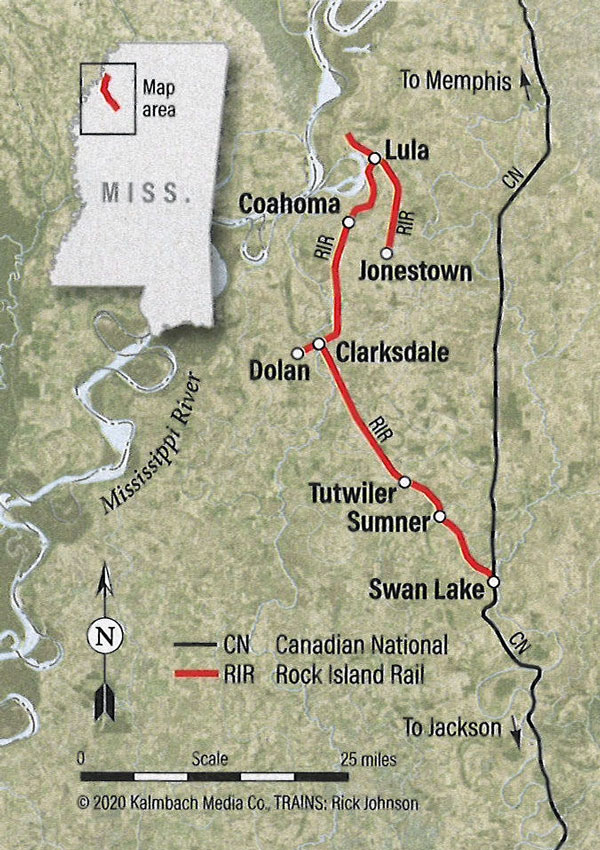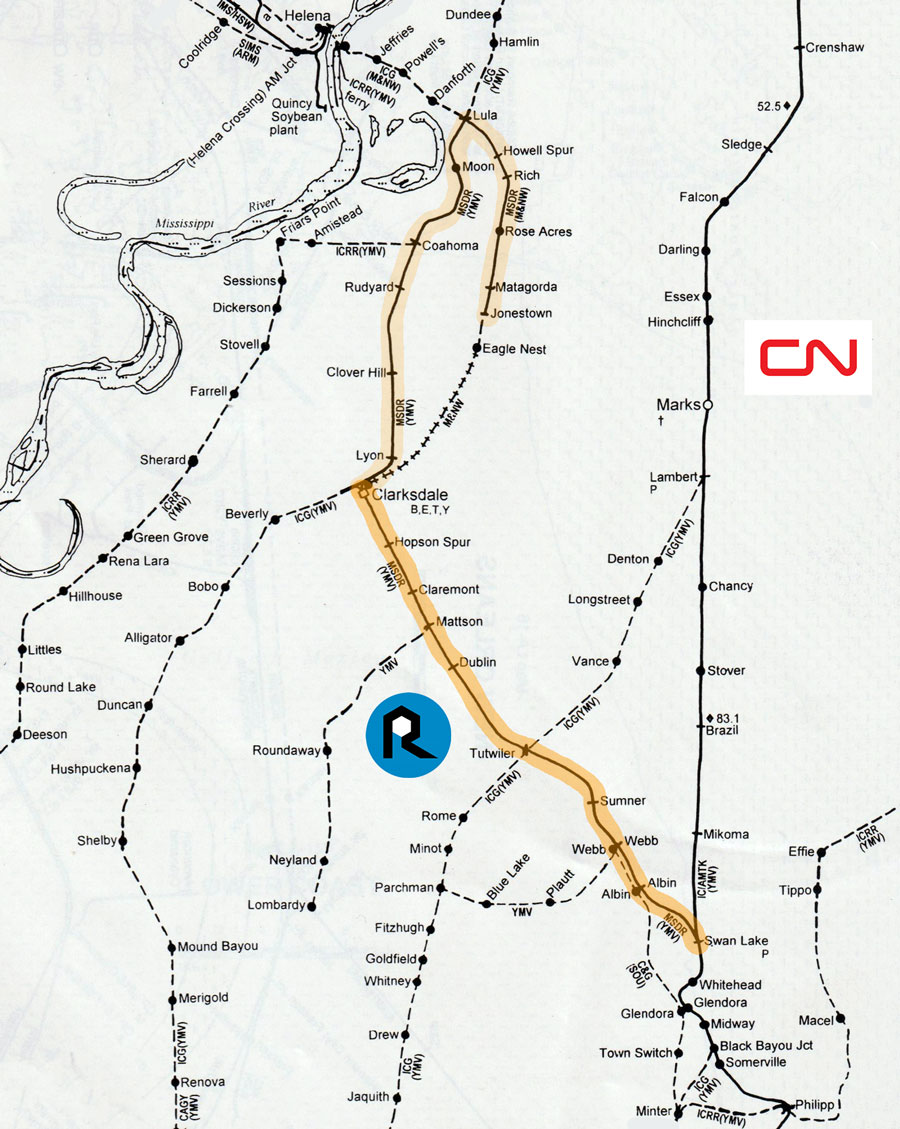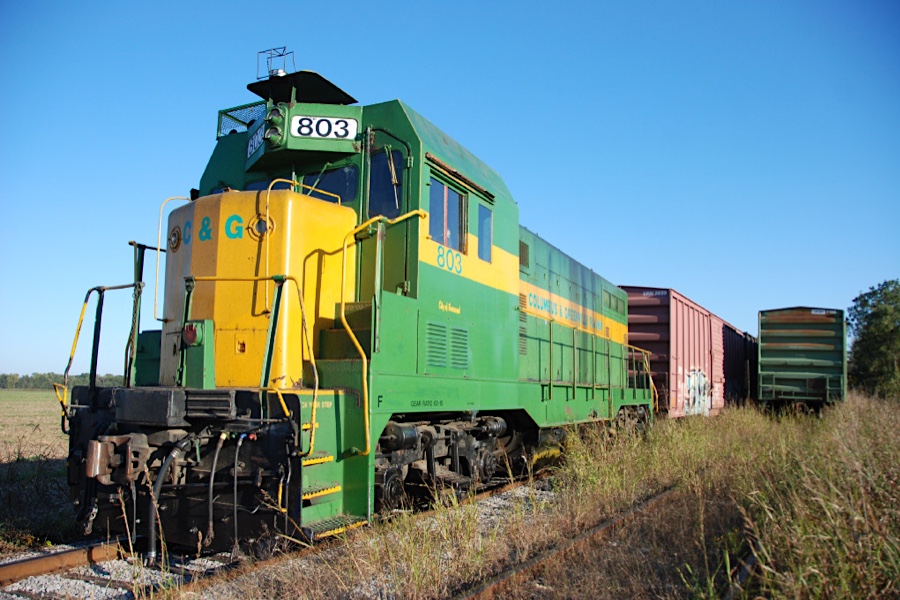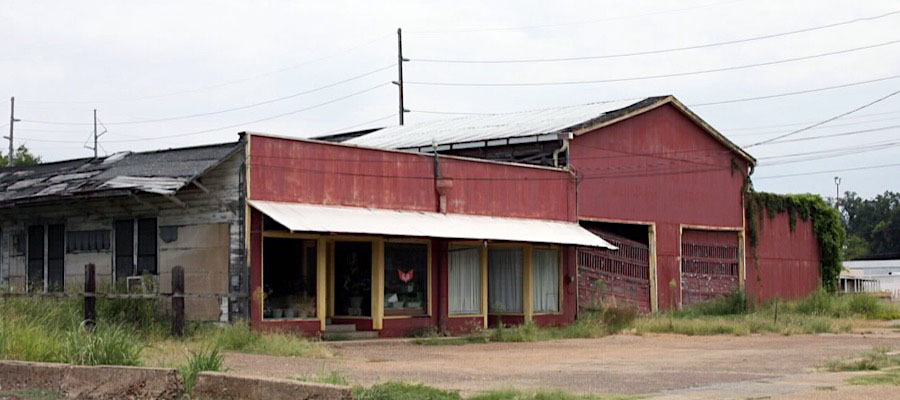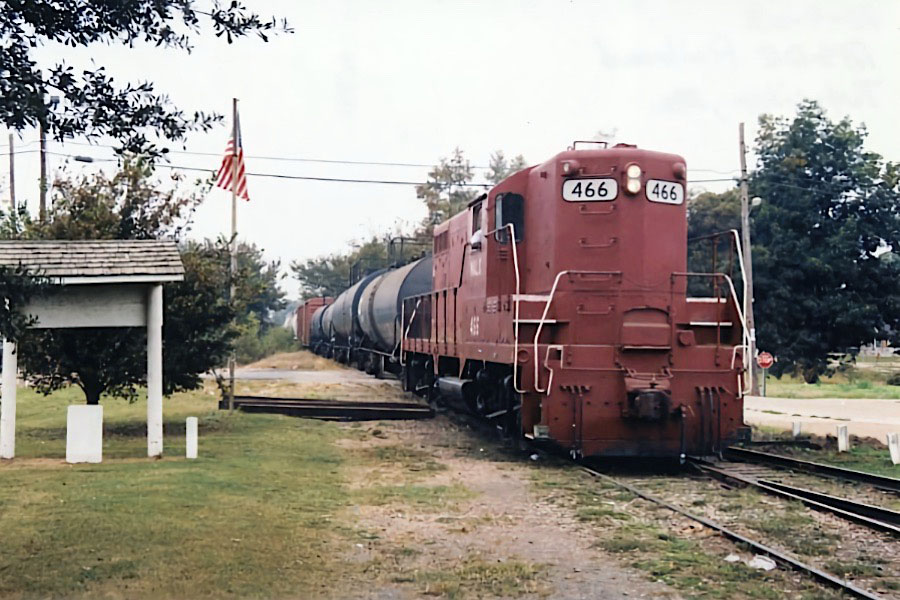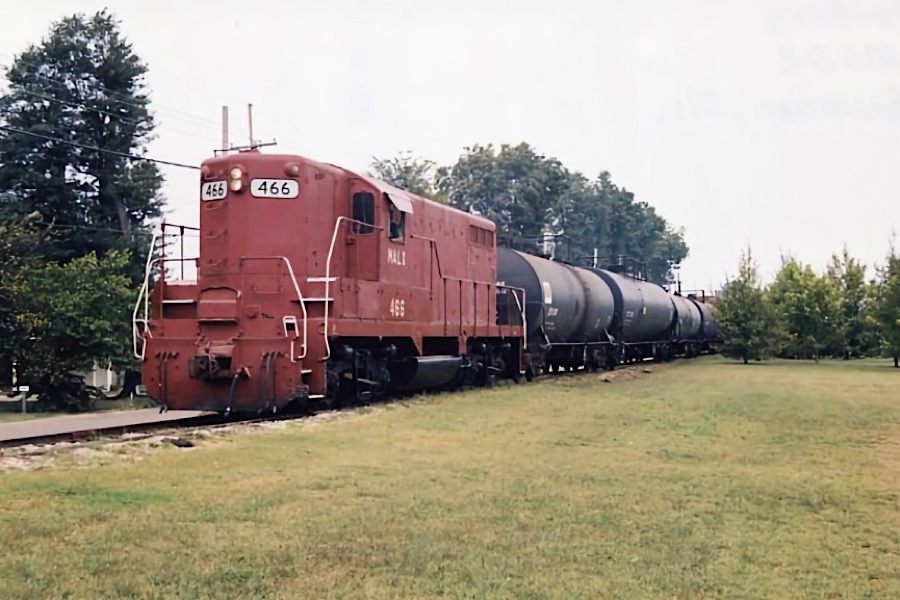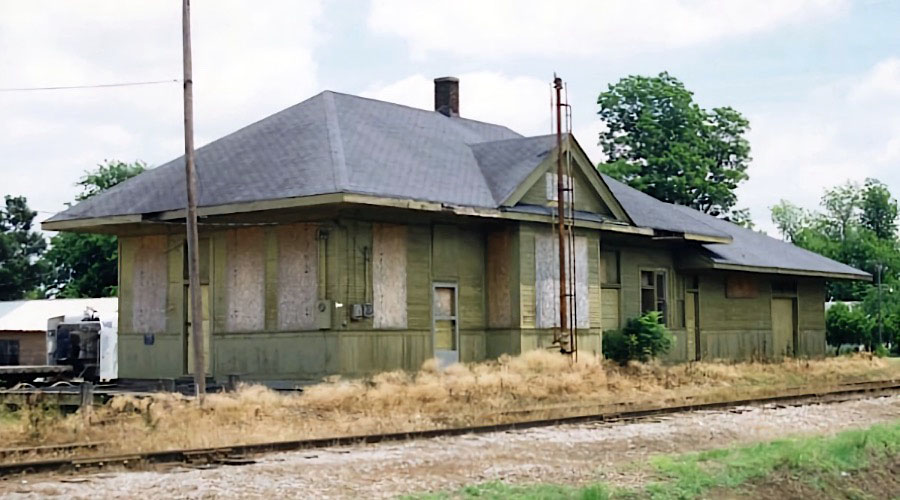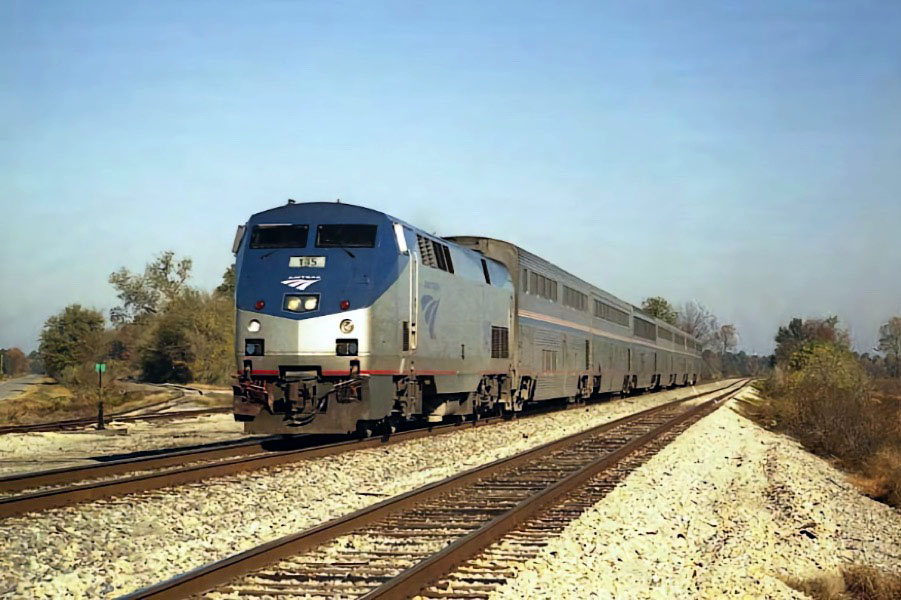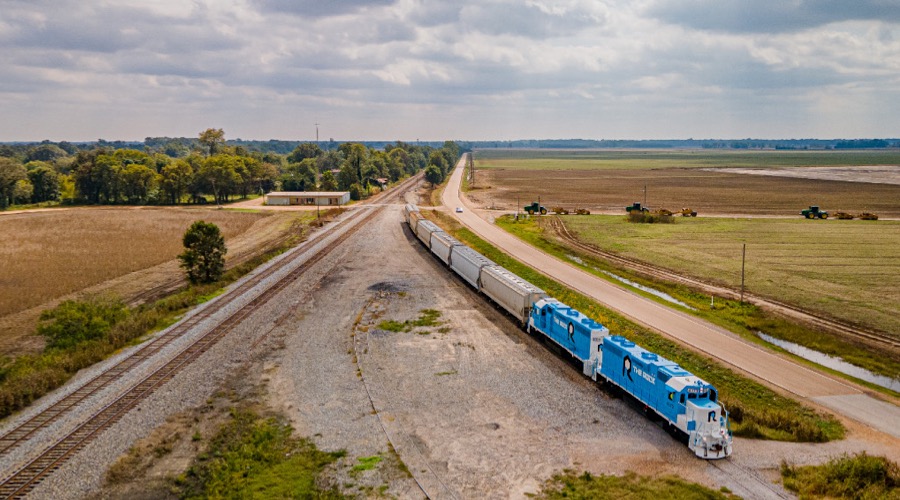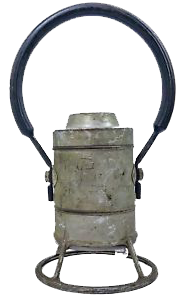 |
Mississippi Delta Railroad Line Locations |
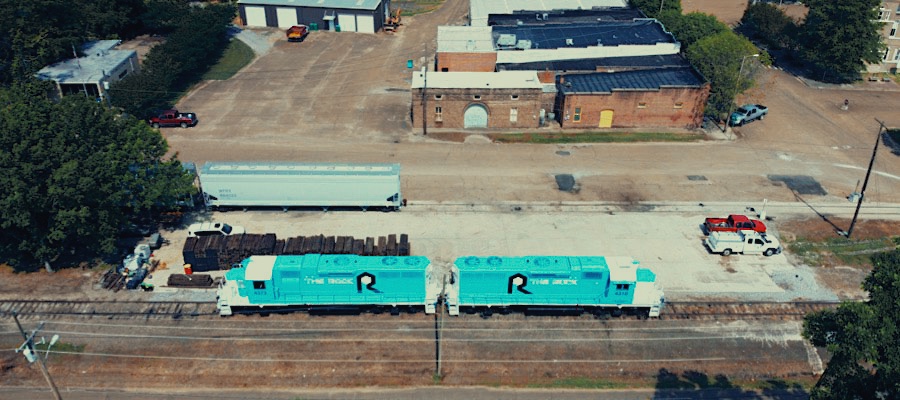
Sumner, Ms / Jun 2020 / RWH

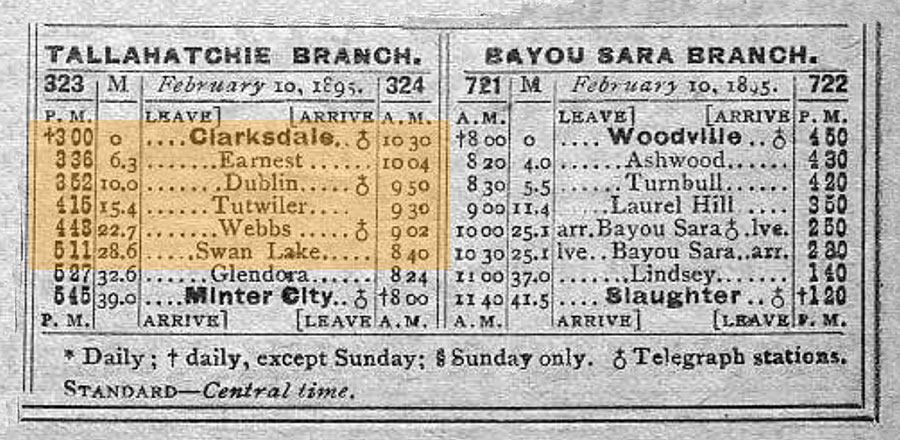
1895 Official Guide ad / collection
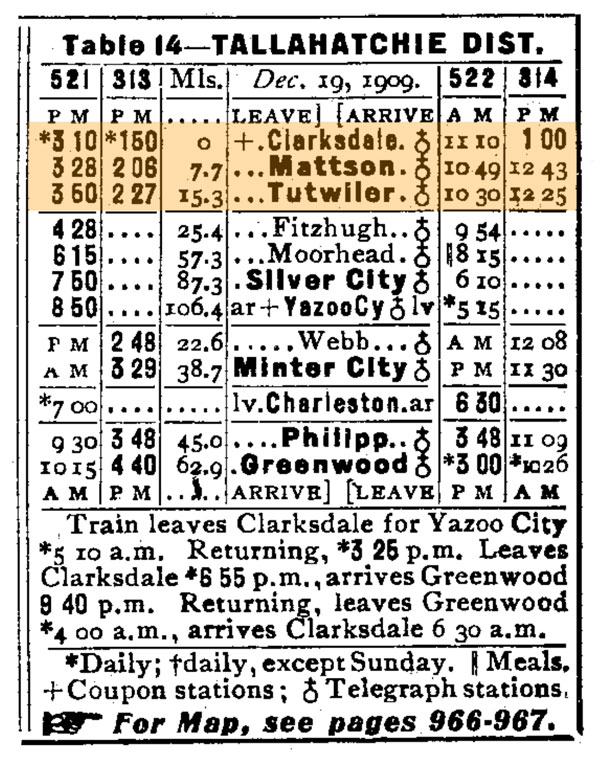
1910 Official Guide ad / collection
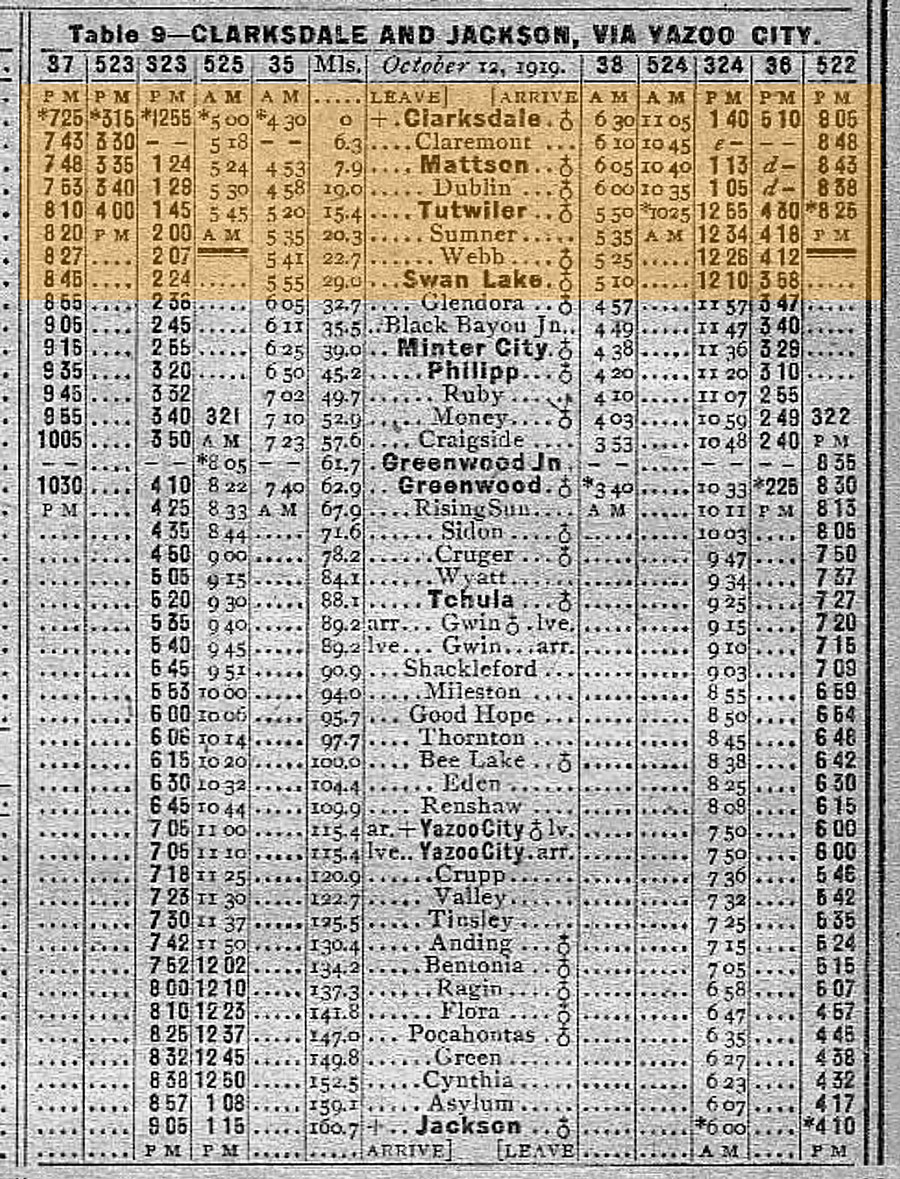
1920 Official Guide ad / collection
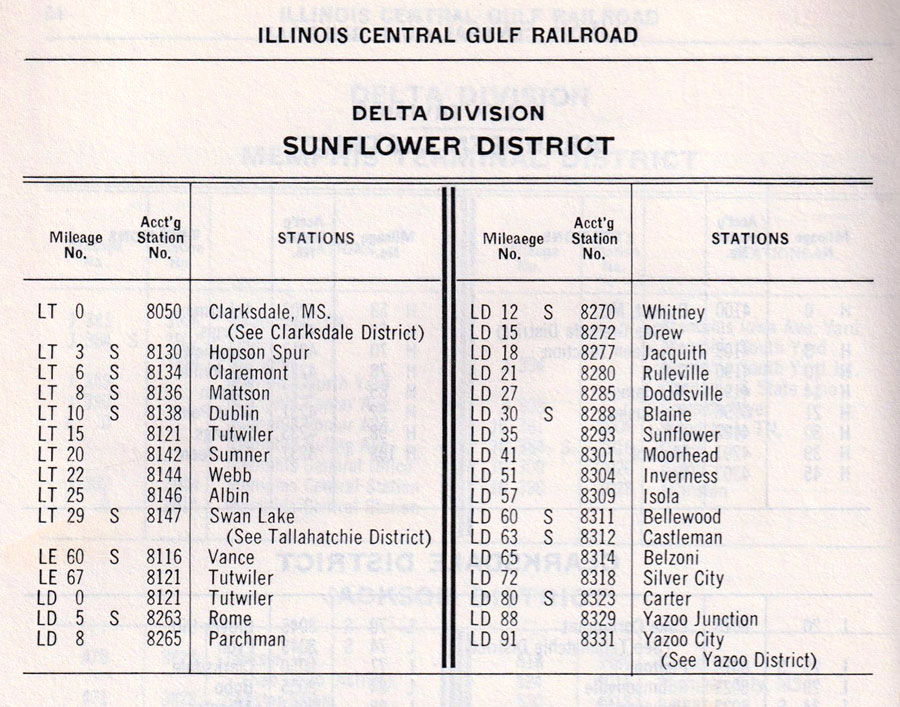
1974 station list / collection
 Clarksdale
Clarksdale

Clarksdale, Ms / Jun 2020 / RWH
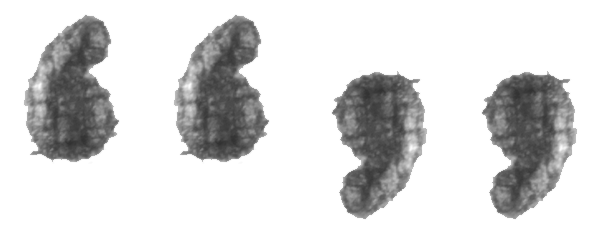
 larksdale, founded by John Clark in 1848, was incorporated in 1882 and is now the major city in the County. Located at the head of navigation on the Sunflower River, many of Clarksdale’s businesses were built fronting this stream. The original site of Clarksdale was also the former intersection of two important Indian routes: The Chakchiuma Trade Trail which ran northeastward to old Pontotoc, and the Lower Creek Trade Paths which extended westward from Augusta, Georgia to New Mexico.
larksdale, founded by John Clark in 1848, was incorporated in 1882 and is now the major city in the County. Located at the head of navigation on the Sunflower River, many of Clarksdale’s businesses were built fronting this stream. The original site of Clarksdale was also the former intersection of two important Indian routes: The Chakchiuma Trade Trail which ran northeastward to old Pontotoc, and the Lower Creek Trade Paths which extended westward from Augusta, Georgia to New Mexico.
In 1892 Clarksdale became one of the seats of Coahoma County when a controversy of more than ten years was compromised by the passage of an act of the Legislature. This act divided the County into judicial districts with two seats of the justice: one at Friars Point, the other at Clarksdale. In 1930, the two judicial districts were abolished and Clarksdale became the county seat. Frequent floods, a fire in 1889, and very poor roads retarded the early growth of Clarksdale. Since 1900 Clarksdale’s growth has been consistent, and it is now one of the largest cities in the Yazoo-Mississippi Delta.
 Clarksdale has served as home at one time or another to musicians and playwrights such as Muddy Waters, W.C. Handy, John Lee Hooker, Sam Cook, Robert Johnson, playwright Tennessee Williams, Ike Turner, the Staple Singers, the Five Blind Boys, and many others. Coahoma County (Friars Point) was the birthplace of late great Country & Western singer, Conway Twitty.
Clarksdale has served as home at one time or another to musicians and playwrights such as Muddy Waters, W.C. Handy, John Lee Hooker, Sam Cook, Robert Johnson, playwright Tennessee Williams, Ike Turner, the Staple Singers, the Five Blind Boys, and many others. Coahoma County (Friars Point) was the birthplace of late great Country & Western singer, Conway Twitty.
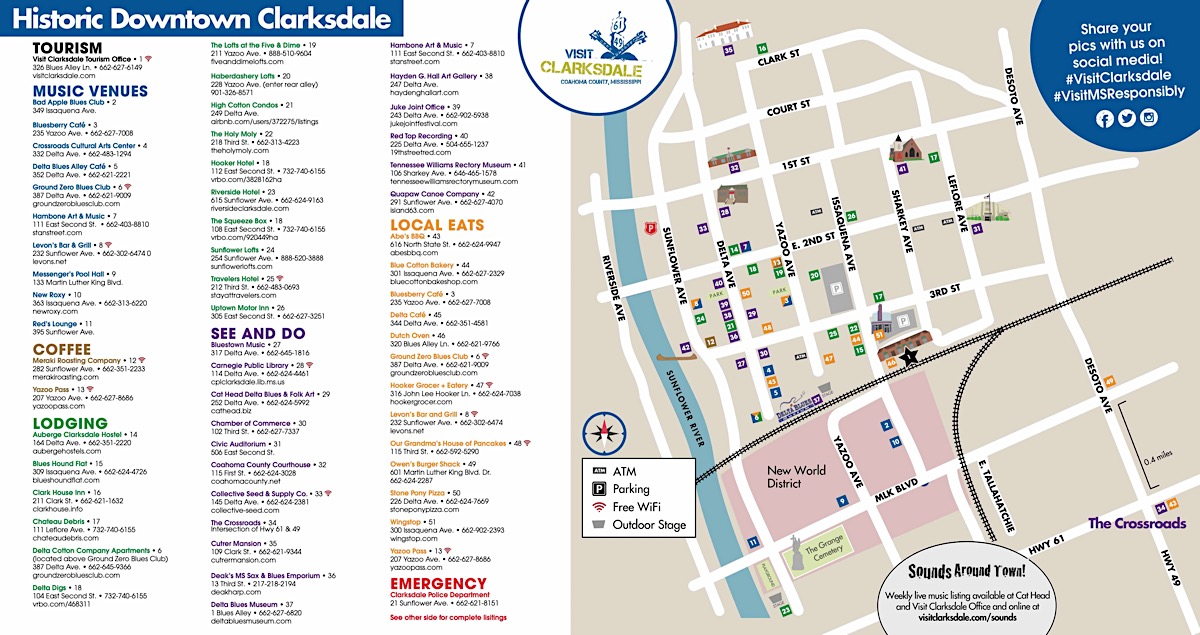
downtown Clarksdale / web
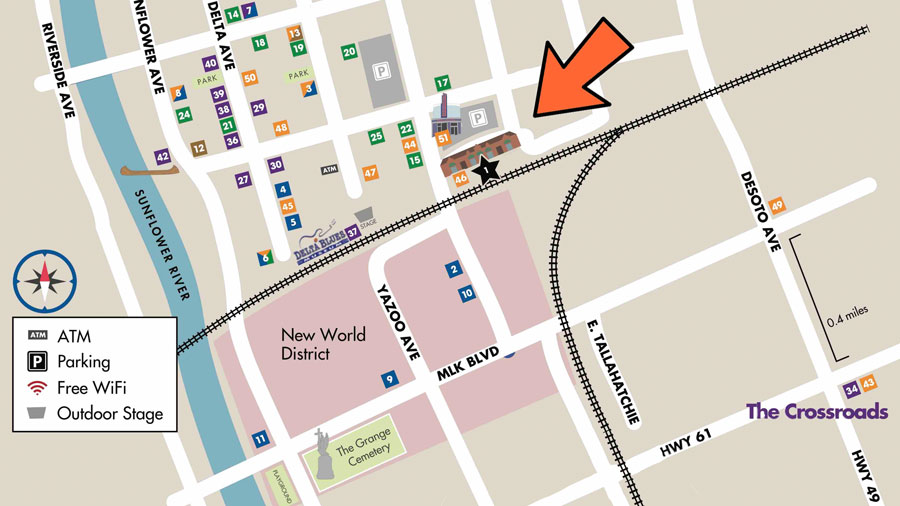
IC depot location map / RWH
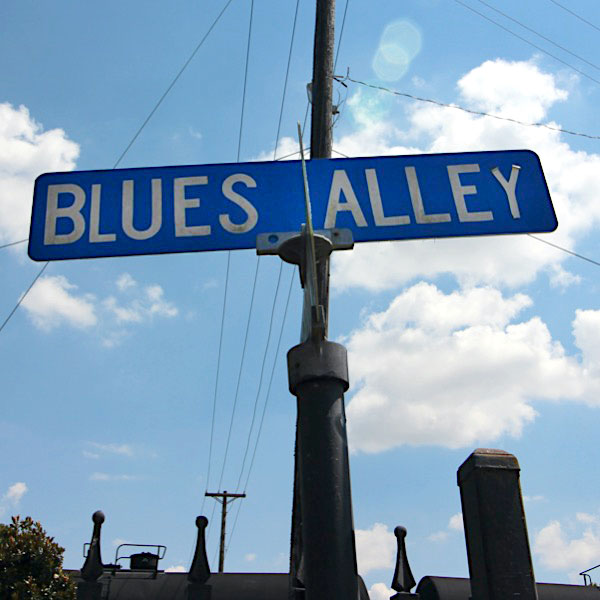
Jun 2020 / RWH

Click to see the Illinois Central depot building plotted on a Google Maps page

Clarksdale, Ms / Jun 2020 / RWH
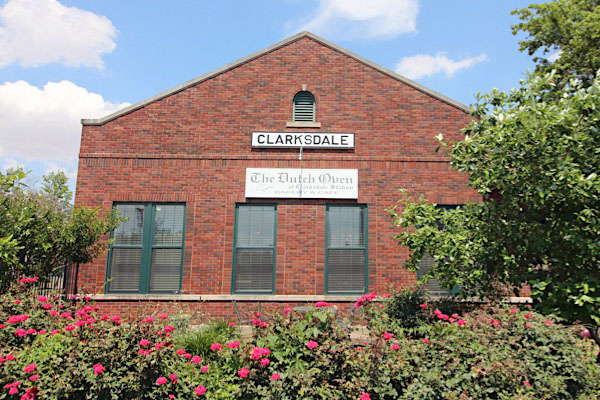
Clarksdale, Ms / Jun 2020 / RWH
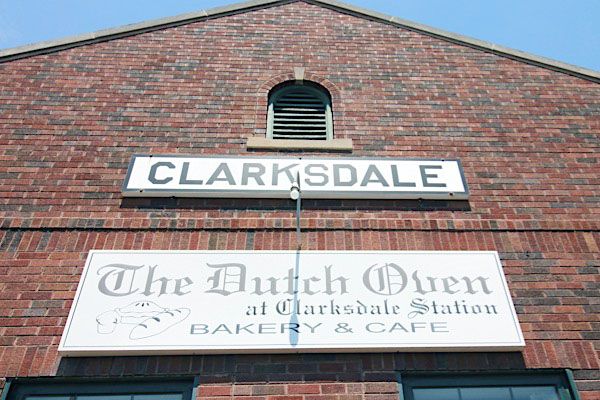
Jun 2020 / RWH

Jun 2020 / RWH
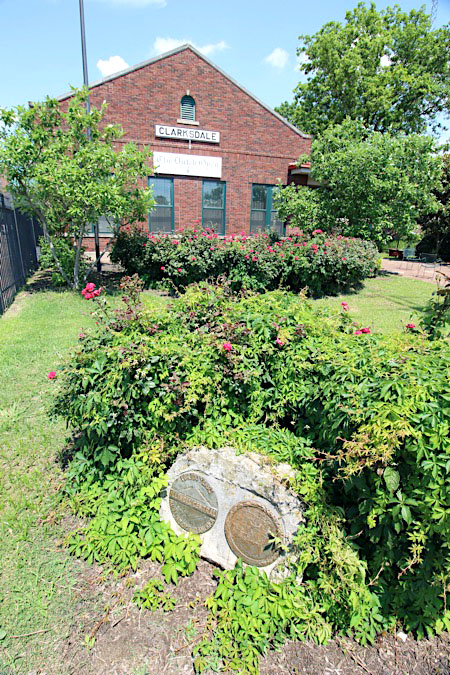
Jun 2020 / RWH
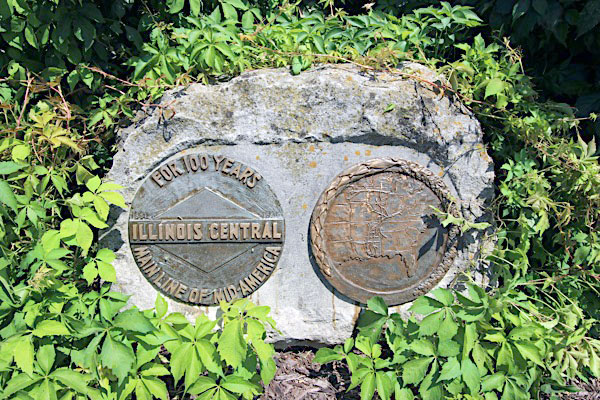
Jun 2020 / RWH
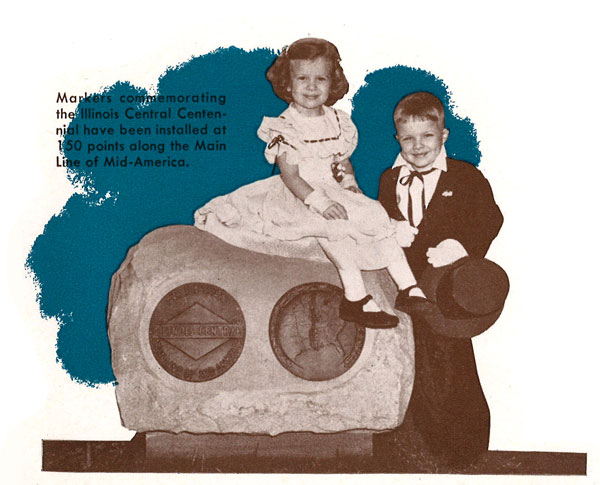
collection
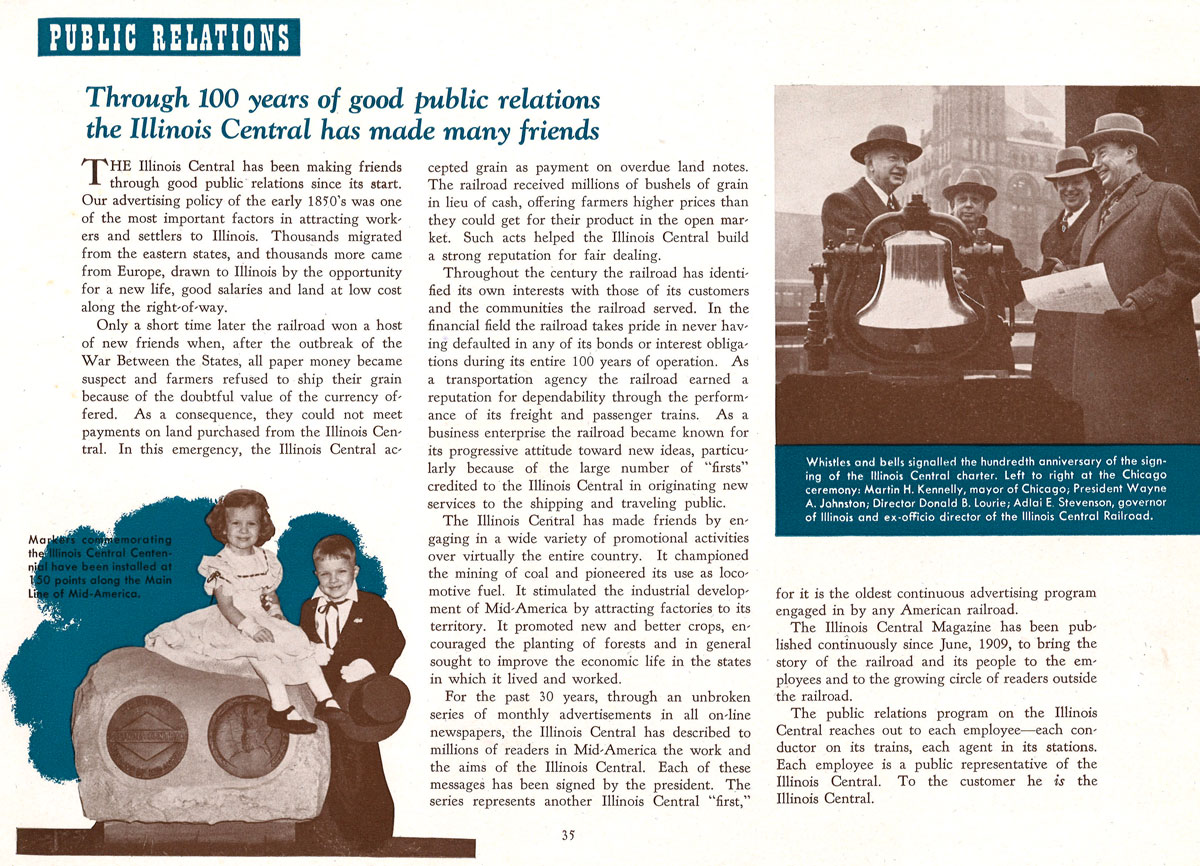
from Illinois Central 1951 Annual Report / collection

Clarksdale, Ms / Jun 2020 / RWH
In downtown Clarksville, along Martin Luther King Boulevard, the former Yazoo & Mississippi Valley's Tallahatchie Branch from Minter City (below) meets the former Y&MV mainline to Memphis (above). The Tallahatchie Branch is today the primary trackage for Mississippi Delta operations. Near this location was the office of the former MSDR operation, prior to Rock Island Rail. As of 2020, all of the Clarksdale trackage is used for railcar storage. The Y&MV main to Memphis remains in place as far north as Lula.
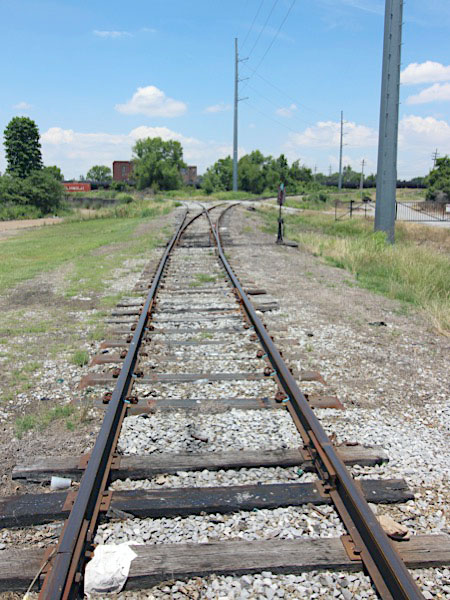
Jun 2020 / RWH
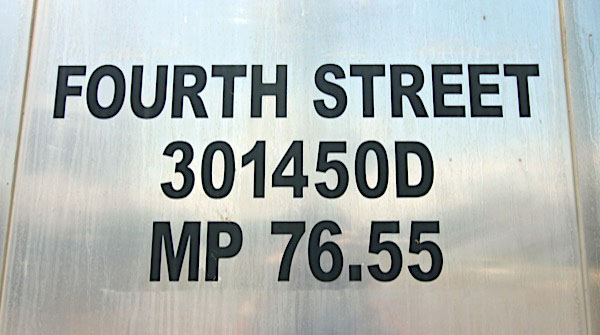
Jun 2020 / RWH
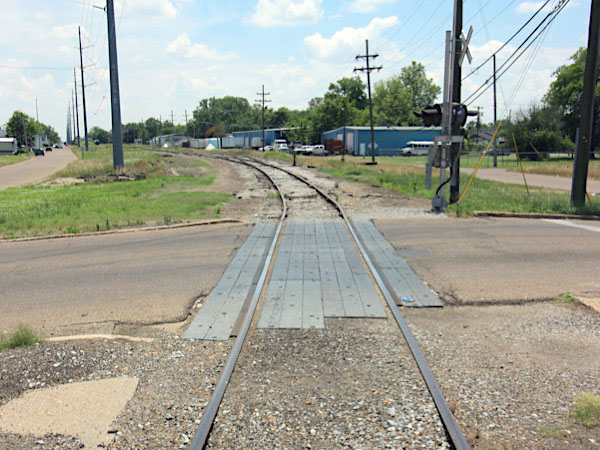
Clarksdale, Ms / Jun 2020 / RWH

Click to see this location plotted on a Google Maps page
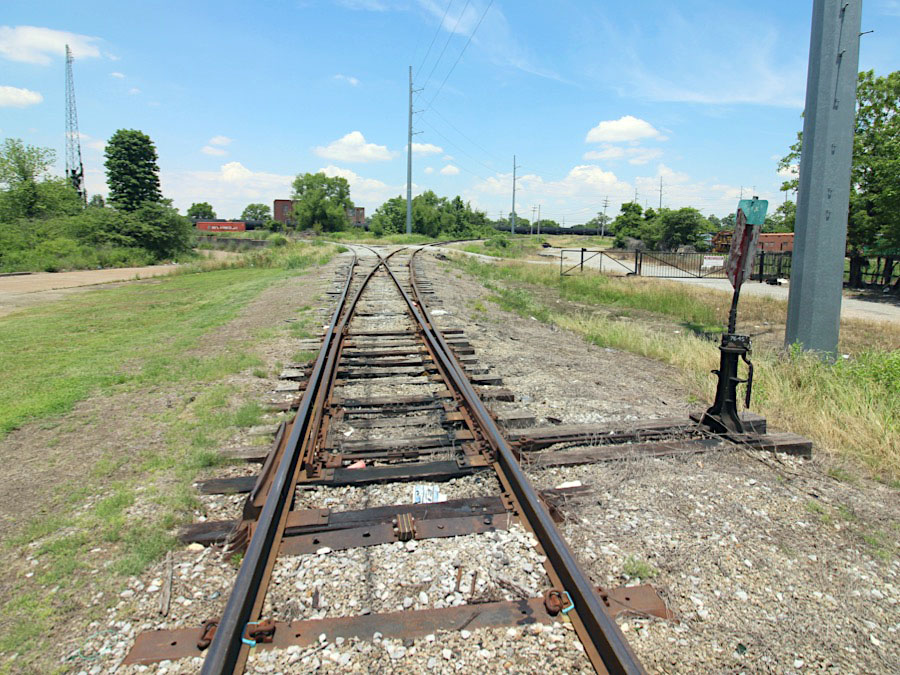
Clarksdale, Ms / Jun 2020 / RWH
 Clarksdale Dead Line
Clarksdale Dead Line
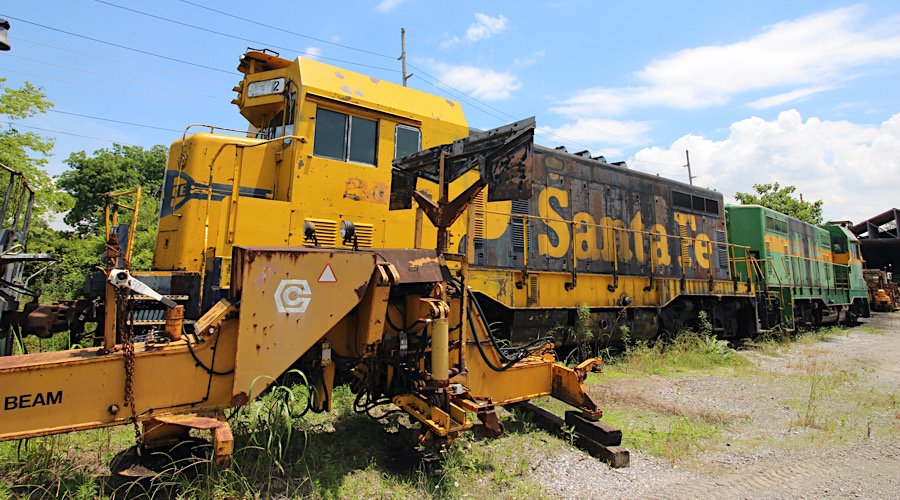
Clarksdale, Ms / Jun 2020 / RWH

Clarksdale, Ms - Jun 2020 — Adjacent to Mississippi Delta wye, found dead line of 4 locomotives, rolling stock, and MOW equipment — all abandoned in place by previous MSDR operator. Rolling stock includes excursion equipment from short-lived tourist efforts, plus troop boxcar. Locomotives: MSDR #803 (CF7), MSDR #802 (CF7), MSDR #6226 (GP9), and ex Winchester & Western #2112 (Alco MRS-1). Both CF7s are former Columbus & Greenville.

Click to see this railfan location plotted on a Google Maps page
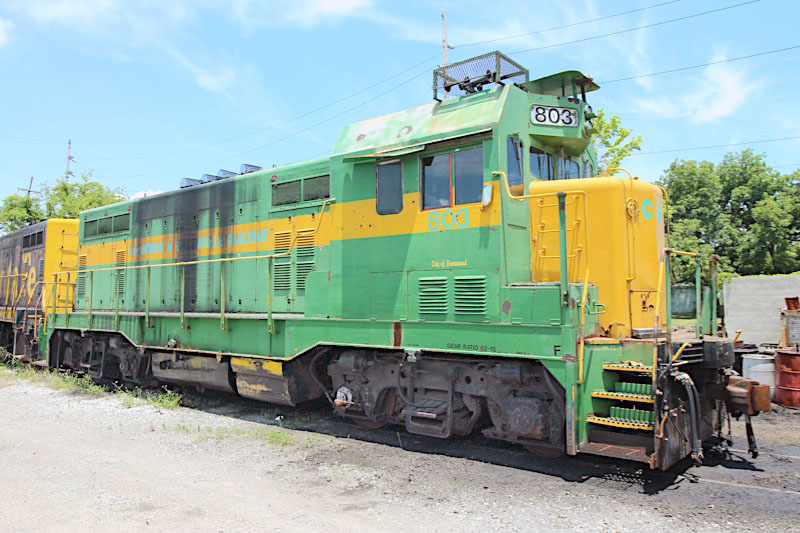
Mississippi Delta #803
Clarksdale, Ms / Jun 2020 / RWH


Mississippi Delta #803
to Santa Fe #2465
to National Railway Equipment
to Columbus & Greenville #803
to Mississippi Delta #803

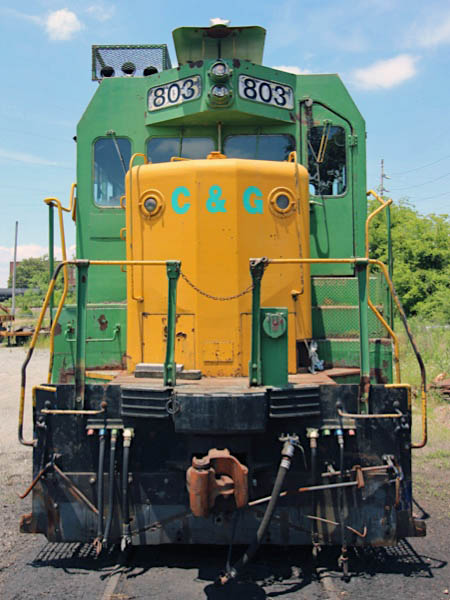
Jun 2020 / RWH
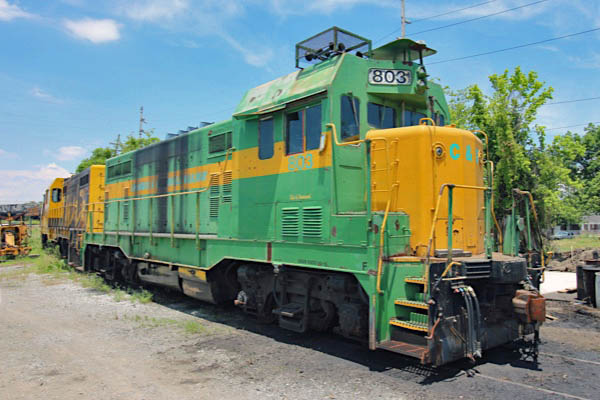
Clarksdale, Ms / Jun 2020 / RWH
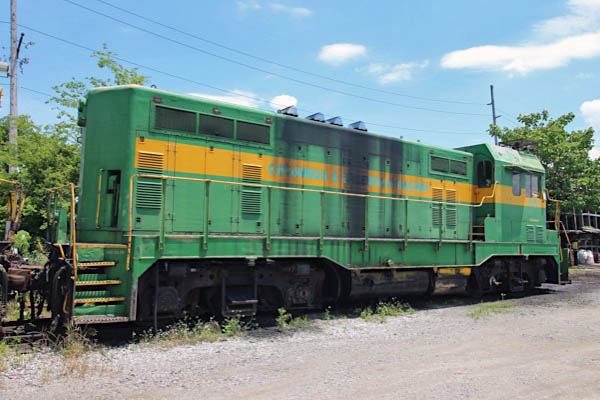
Clarksdale, Ms / Jun 2020 / RWH
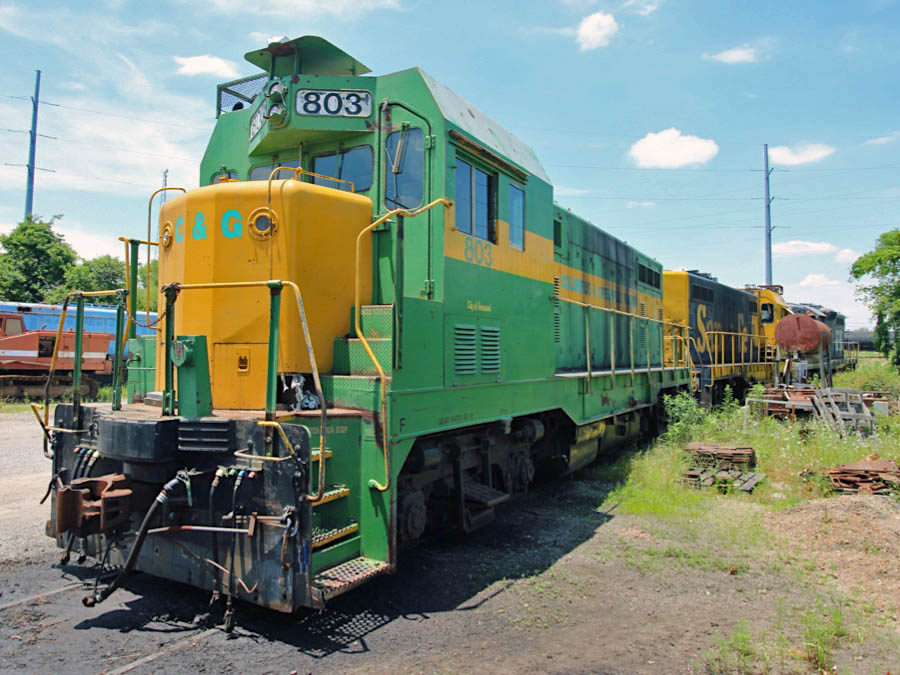
Clarksdale, Ms / Jun 2020 / RWH
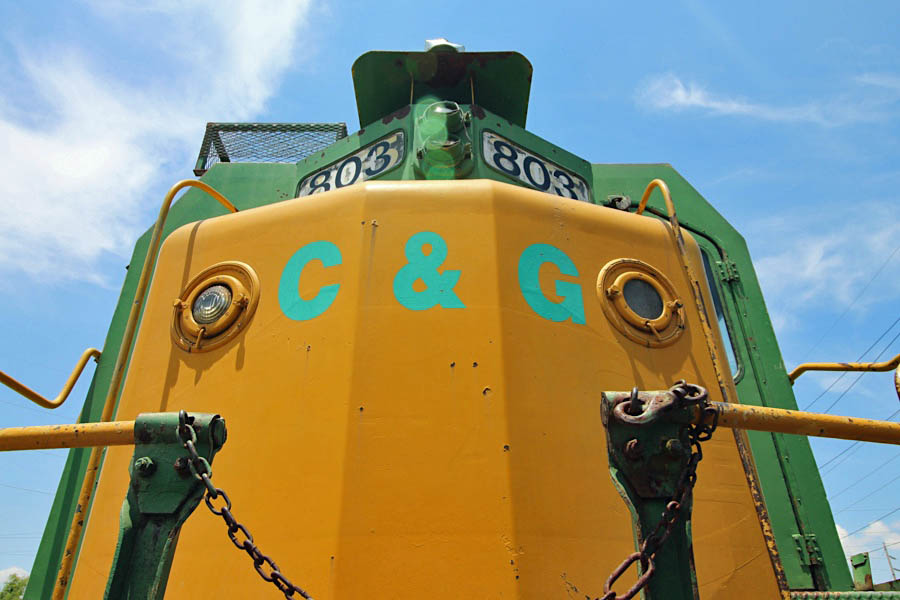
Jun 2020 / RWH
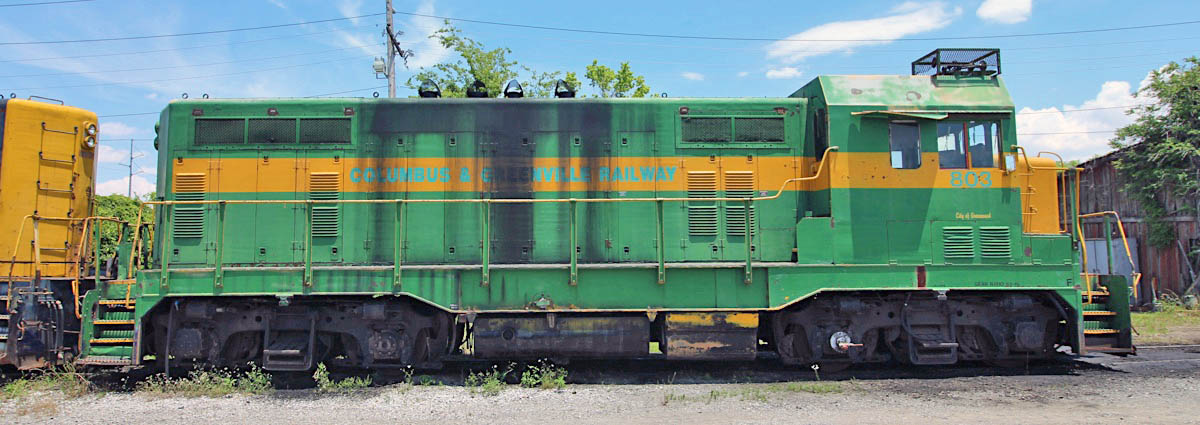
Clarksdale, Ms / Jun 2020 / RWH
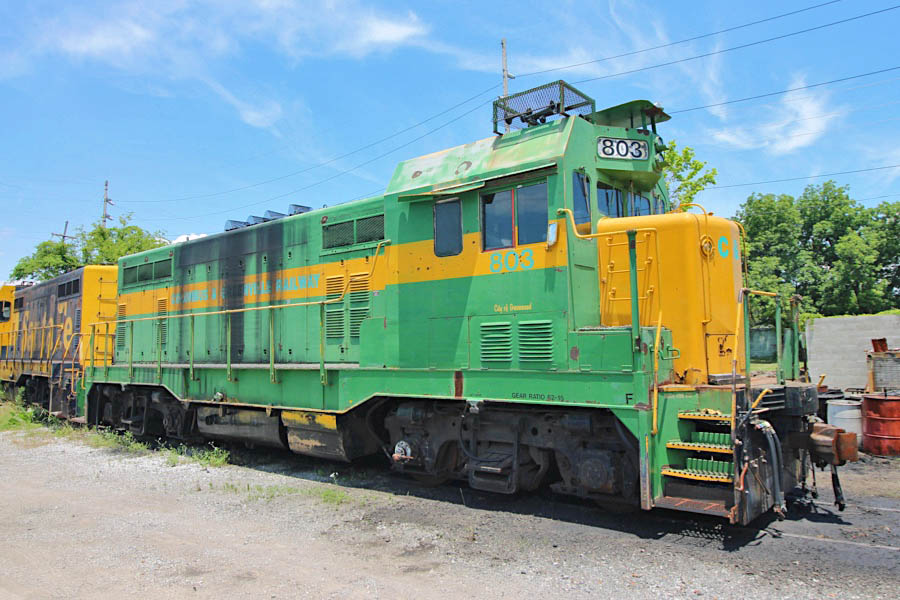
Clarksdale, Ms / Jun 2020 / RWH

See also our complete Columbus & Greenville CF7 motive power scrapbook in Shortlines
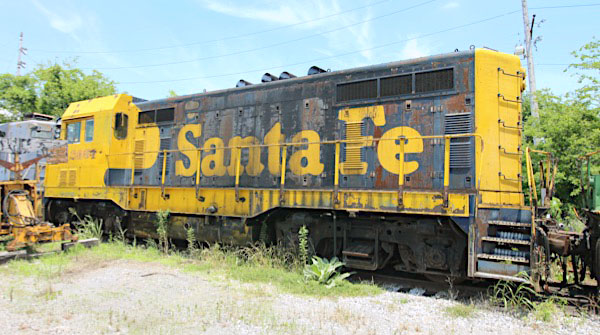
Mississippi Delta #802
Clarksdale, Ms / Jun 2020 / RWH
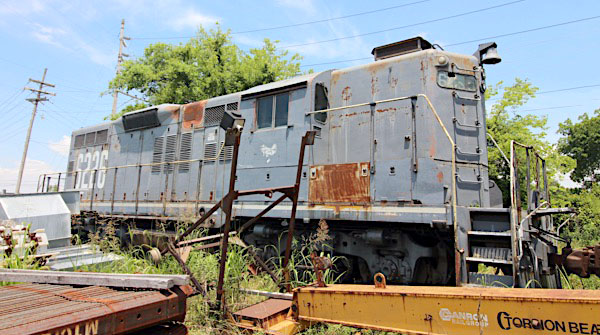
Mississippi Delta #6226
Clarksdale, Ms / Jun 2020 / RWH
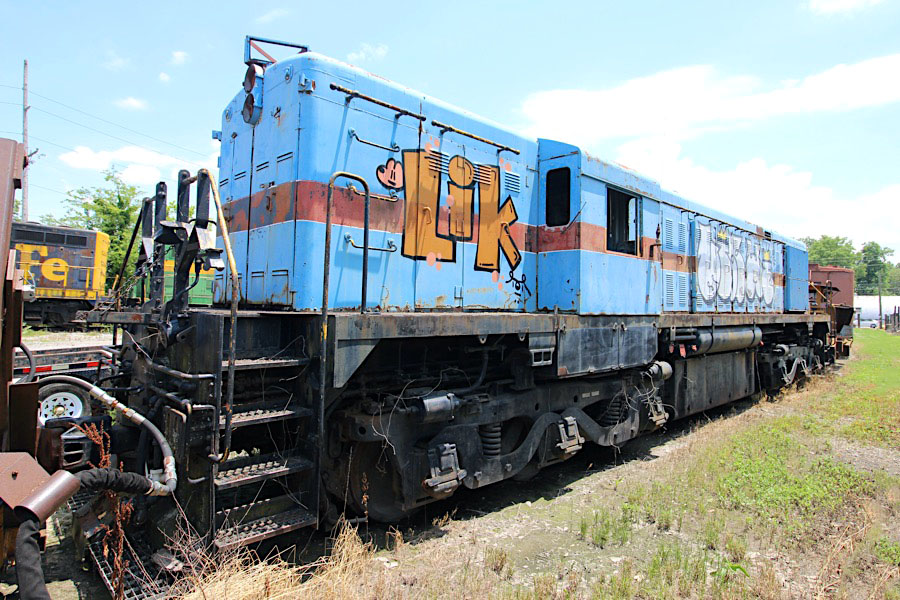
Winchester & Western #2112
Clarksdale, Ms / Jun 2020 / RWH
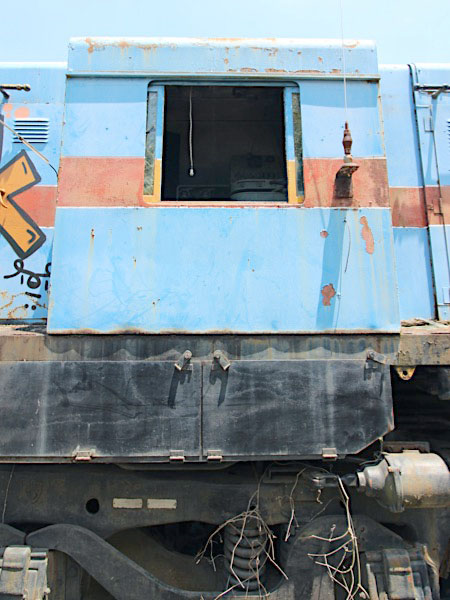
Jun 2020 / RWH
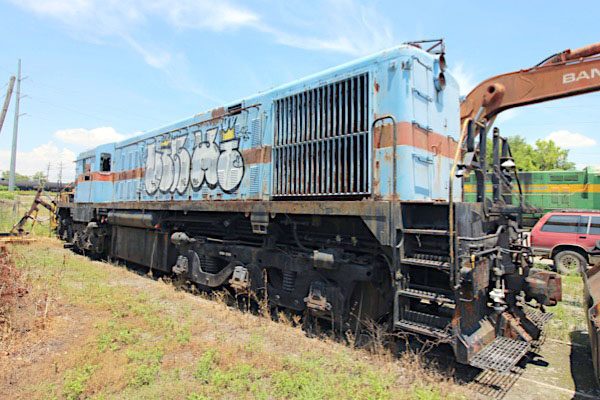
Clarksdale, Ms / Jun 2020 / RWH

Jun 2020 / RWH
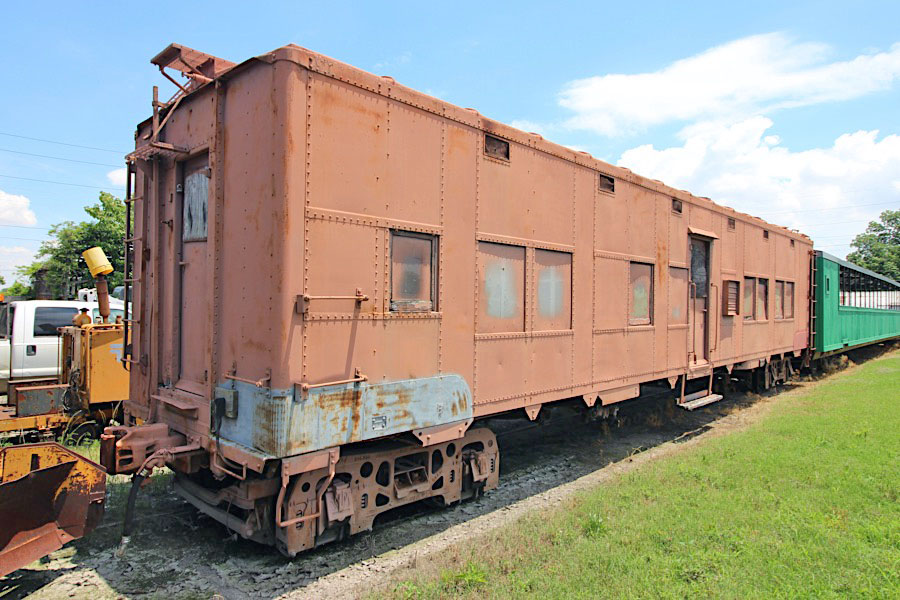
Clarksdale, Ms / Jun 2020 / RWH
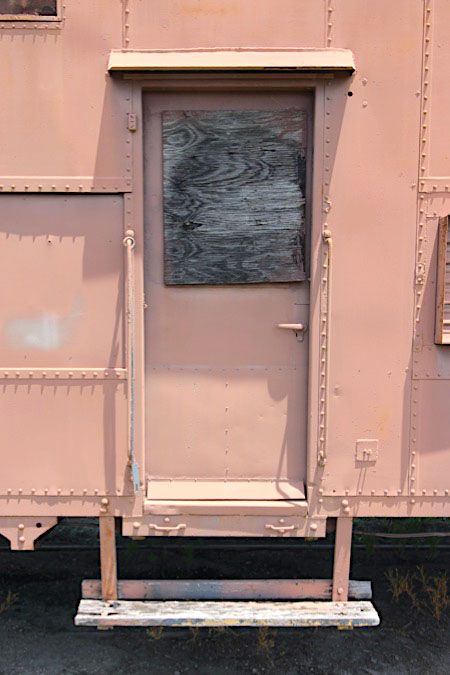
RWH
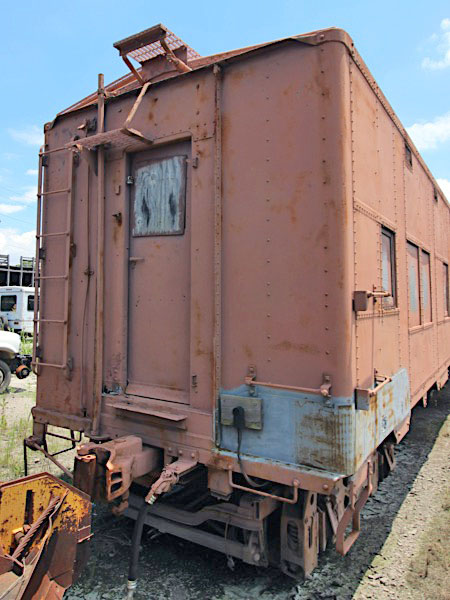
Jun 2020 / RWH
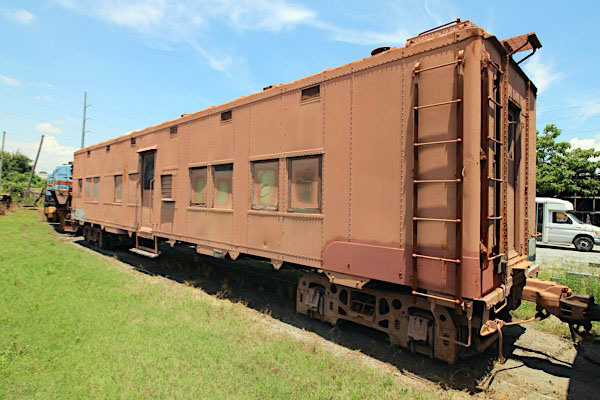
Clarksdale, Ms / Jun 2020 / RWH
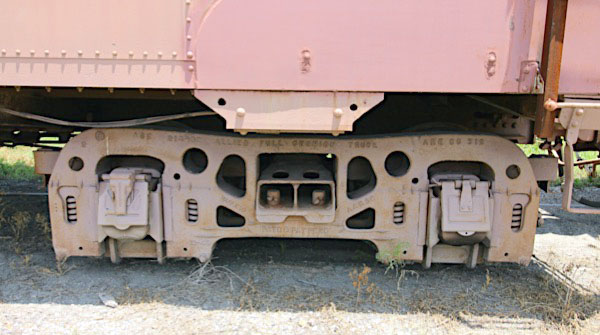
Jun 2020 / RWH
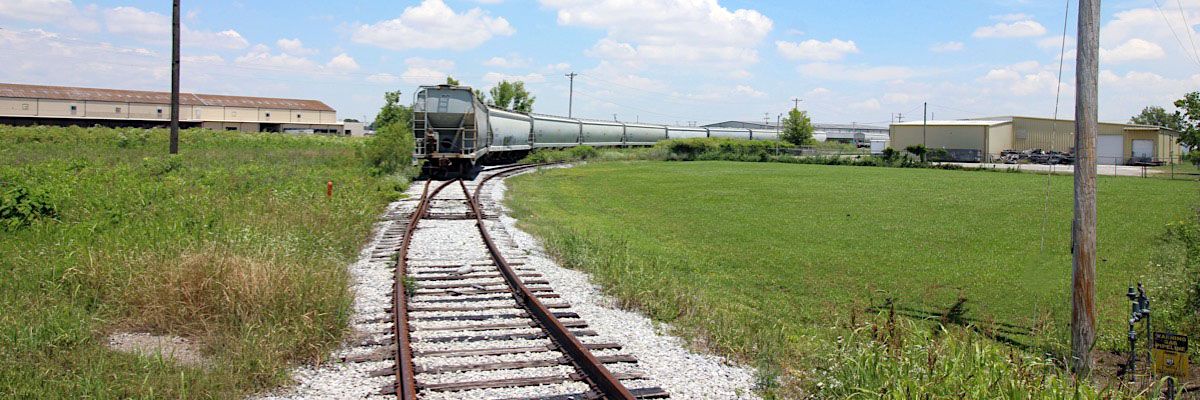
Clarksdale, Ms / Jun 2020 / RWH

Click to see this industrial lead along Tallahatchie Street plotted on a Google Maps page
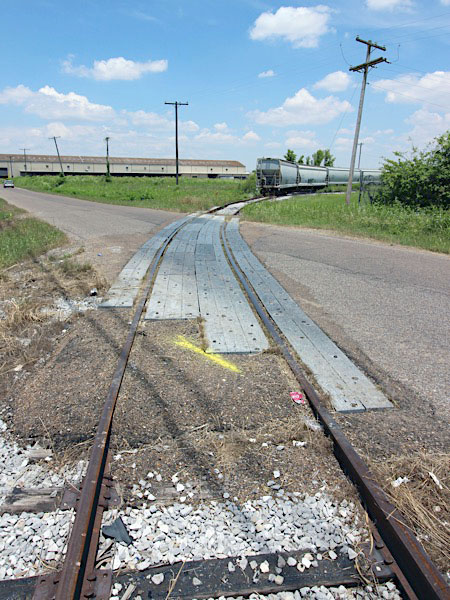
Jun 2020 / RWH
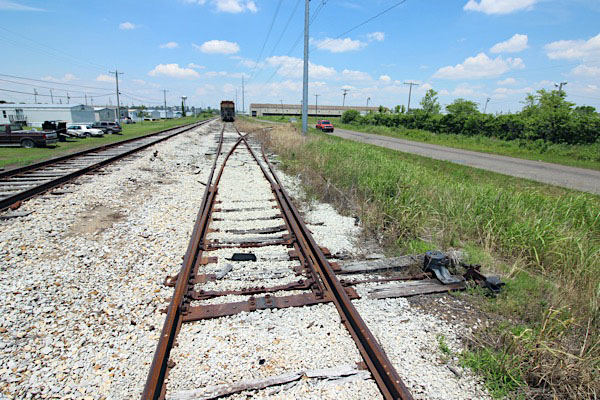
Clarksdale, Ms / Jun 2020 / RWH
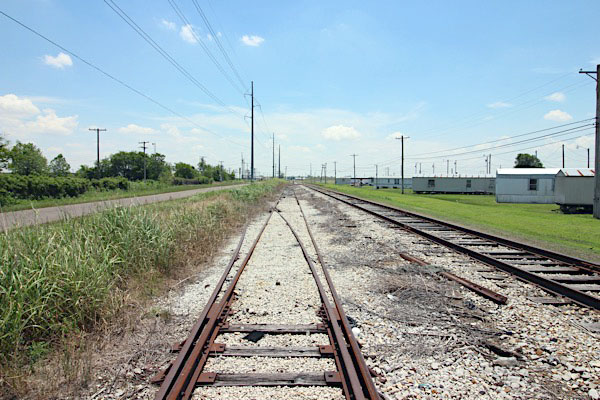
Clarksdale, Ms / Jun 2020 / RWH
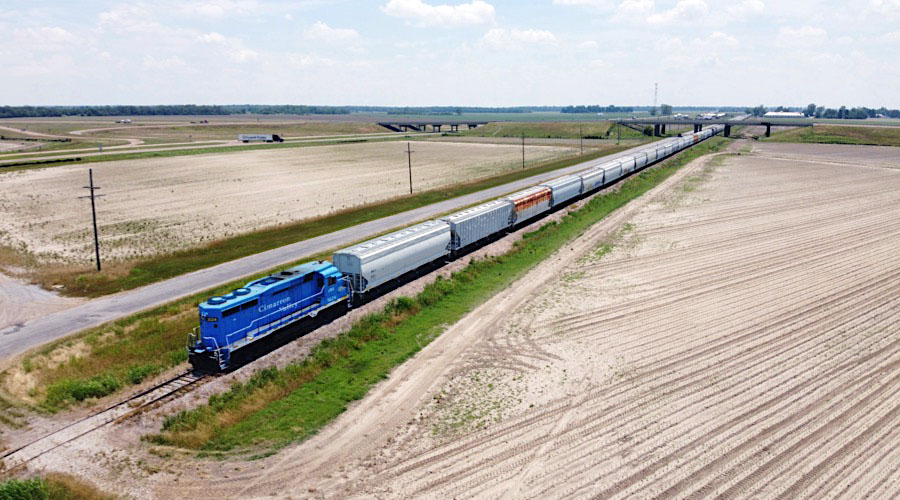
Clarksdale, Ms / Jun 2020 / RWH
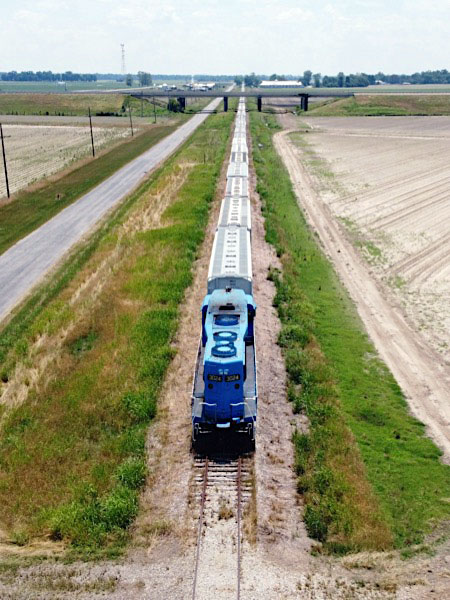
Jun 2020 / RWH
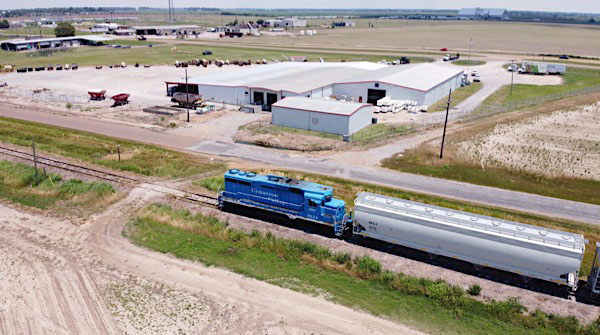
Clarksdale, Ms / Jun 2020 / RWH
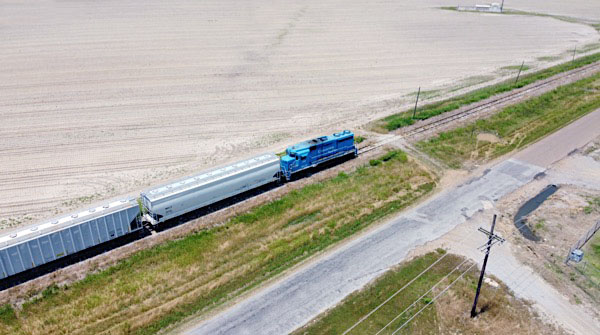
Clarksdale, Ms / Jun 2020 / RWH
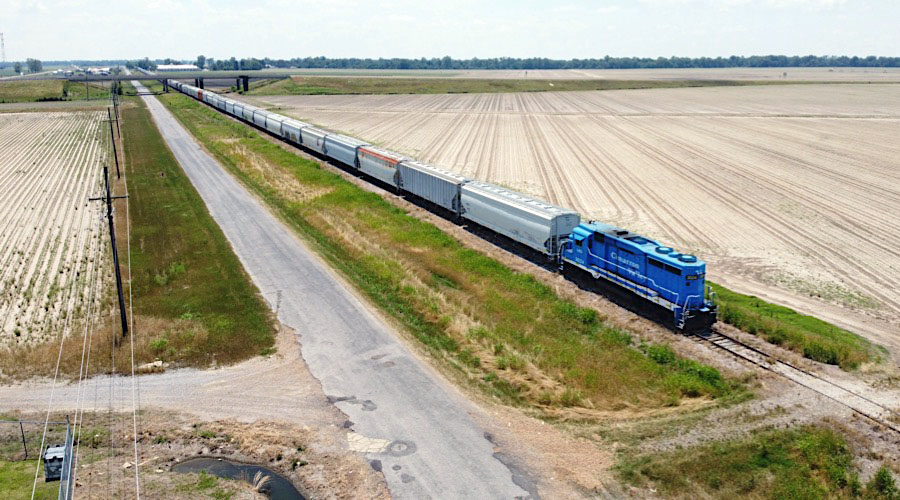
Clarksdale, Ms / Jun 2020 / RWH
 Claremont
Claremont
 Tutwiler
Tutwiler
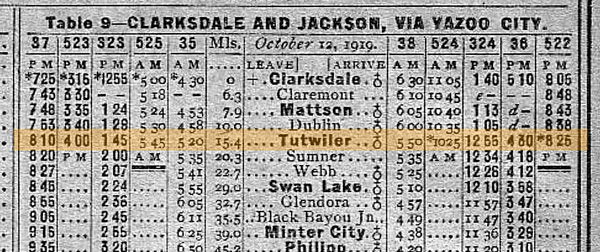
1920 Official Guide ad / collection
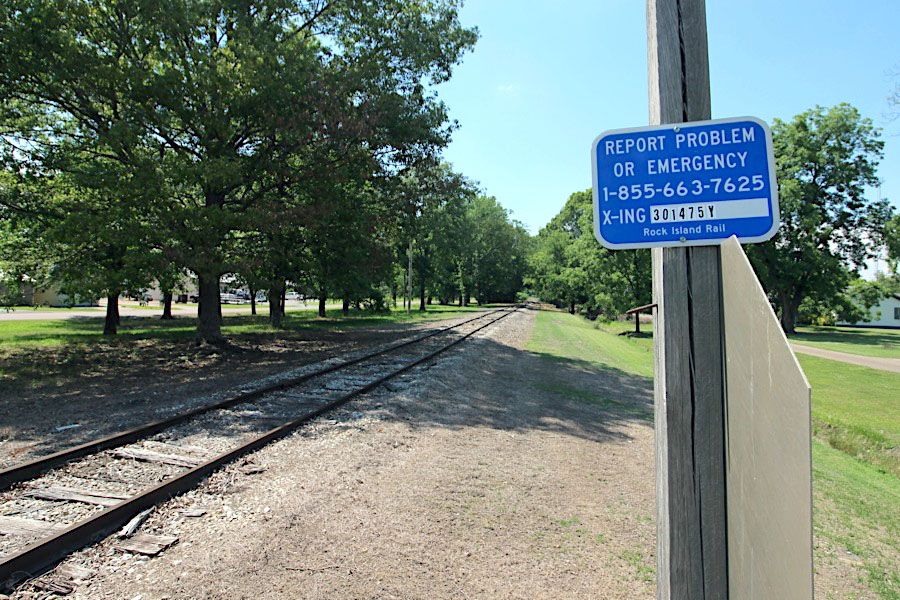
Tutwiler, Ms / Jun 2020 / RWH
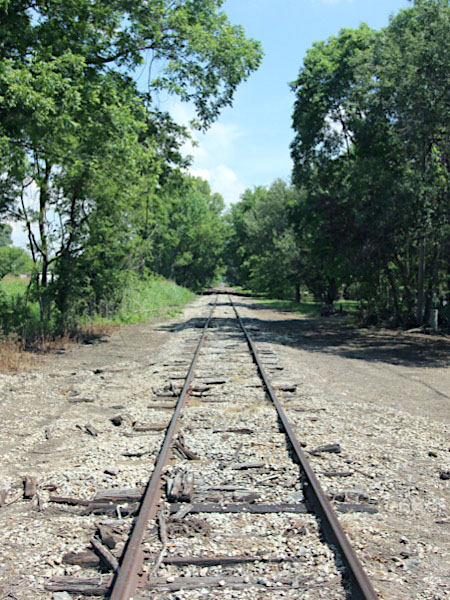
Jun 2020 / RWH
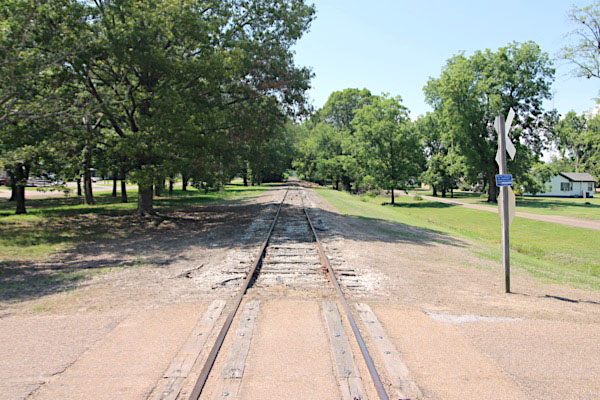
Tutwiler, Ms / Jun 2020 / RWH
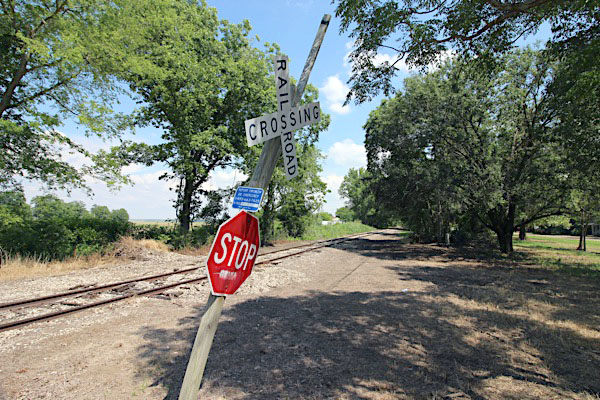
Tutwiler, Ms / Jun 2020 / RWH
 Sumner
Sumner
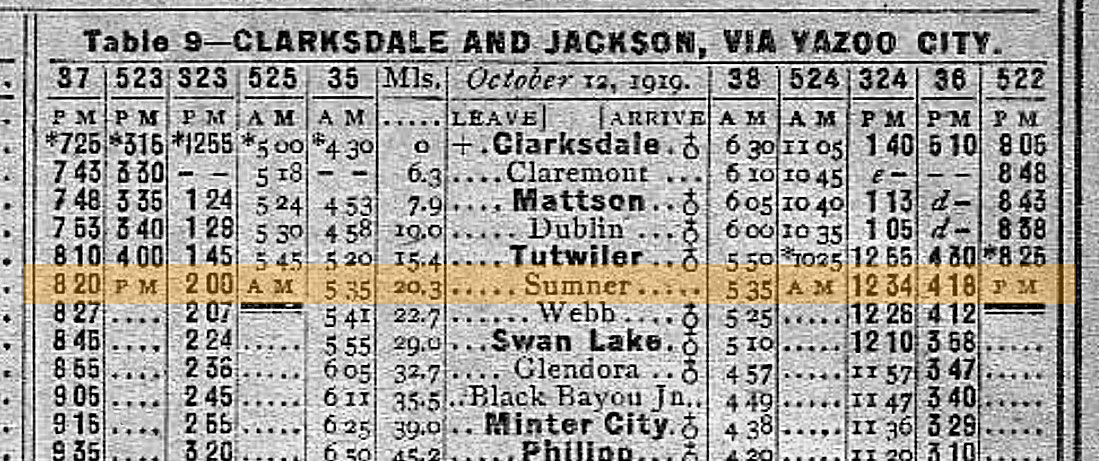
1920 Official Guide ad / collection
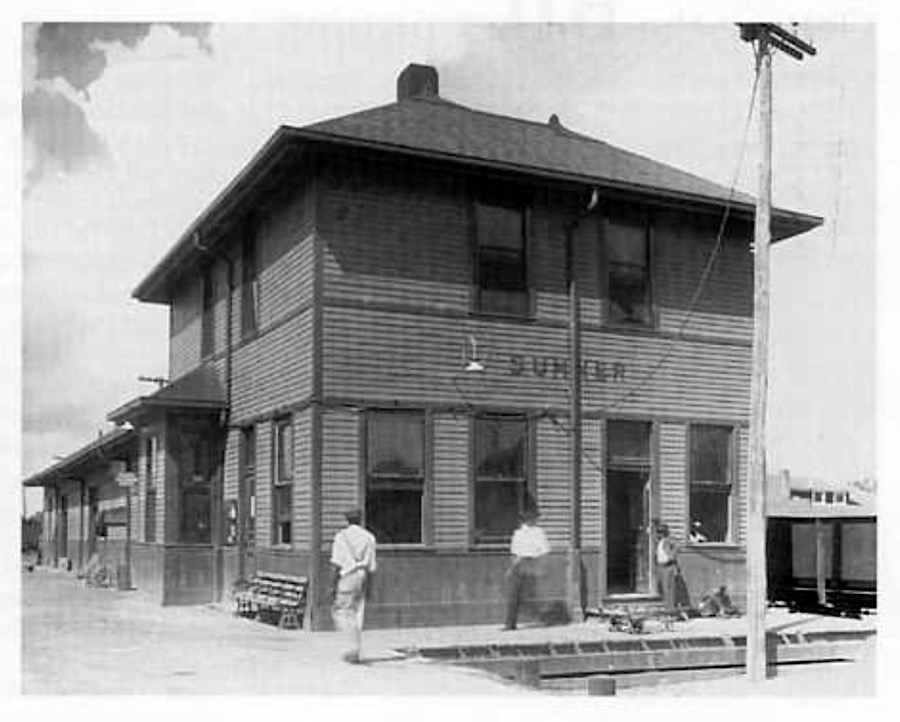
from Illinois Central Historical Society Green Diamond #51 / collection

RWH
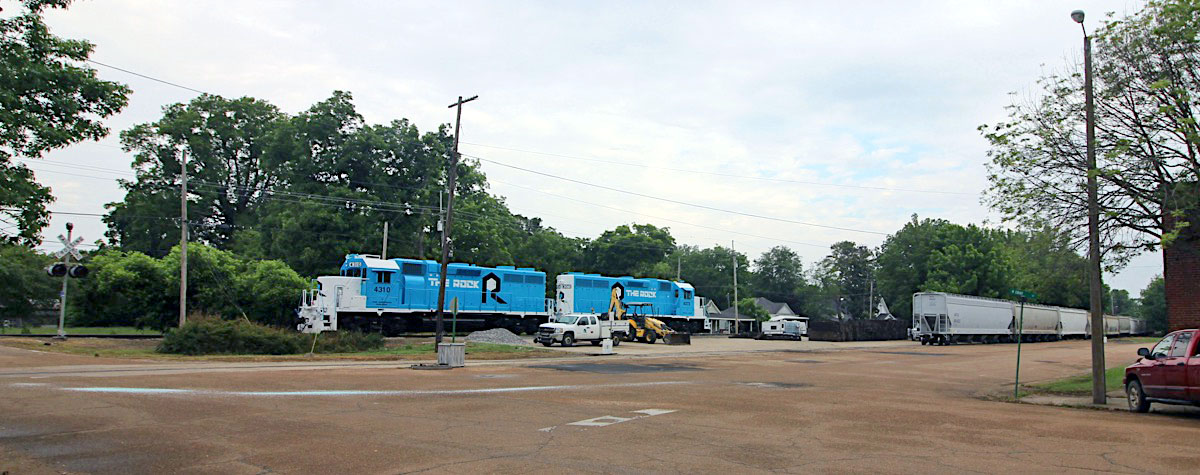
Sumner, Ms / Jun 2020 / RWH
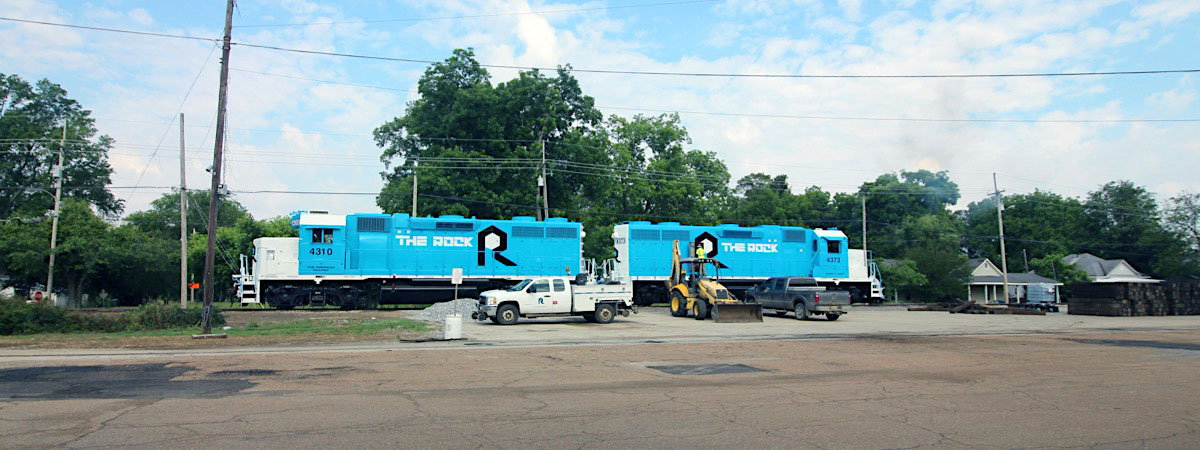
Sumner, Ms / Jun 2020 / RWH

Click to see the Sumner shortline service area plotted on a Google Maps page
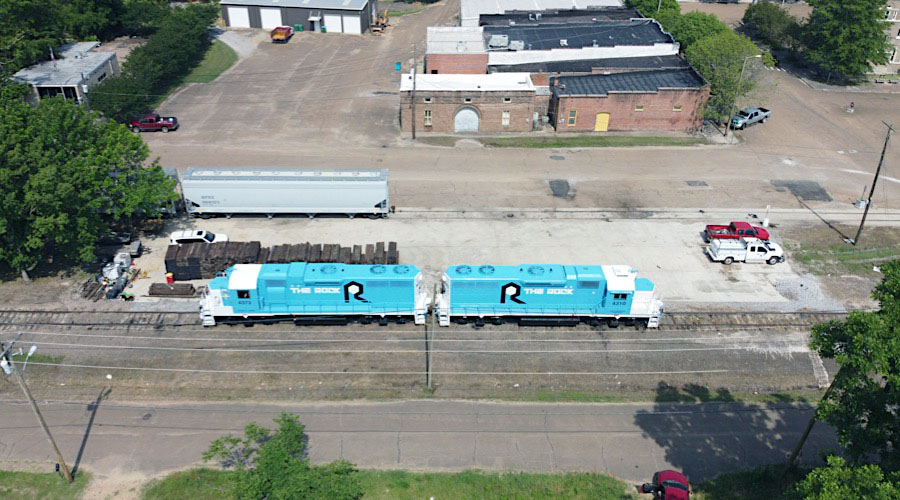
Sumner, Ms / Jun 2020 / RWH
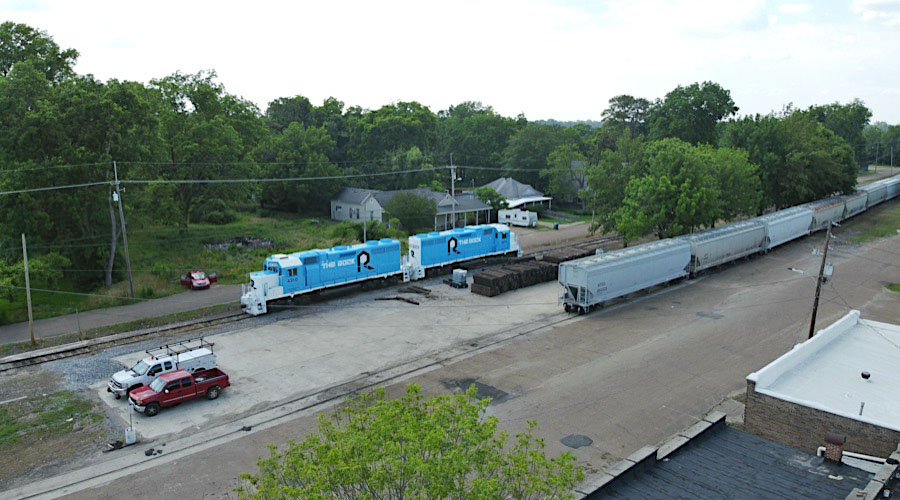
Sumner, Ms / Jun 2020 / RWH
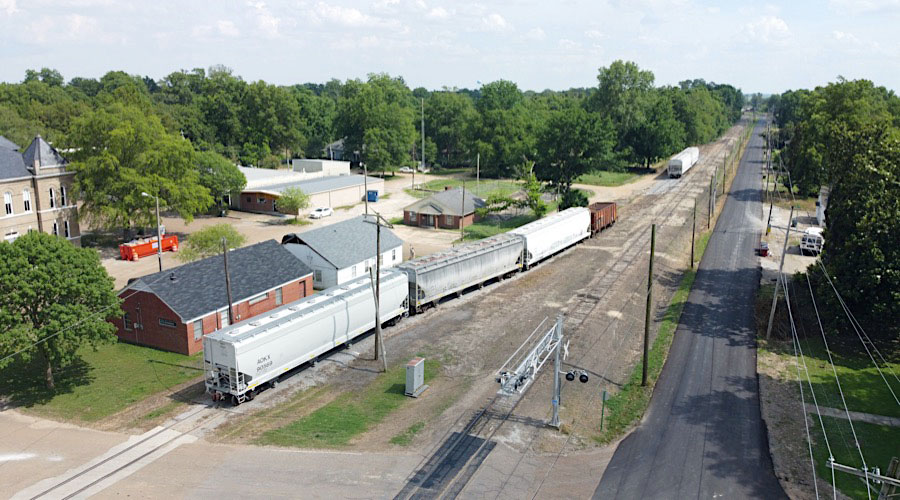
Sumner, Ms / Jun 2020 / RWH

Sumner, Ms / Jun 2020 / RWH

Jun 2020 / RWH
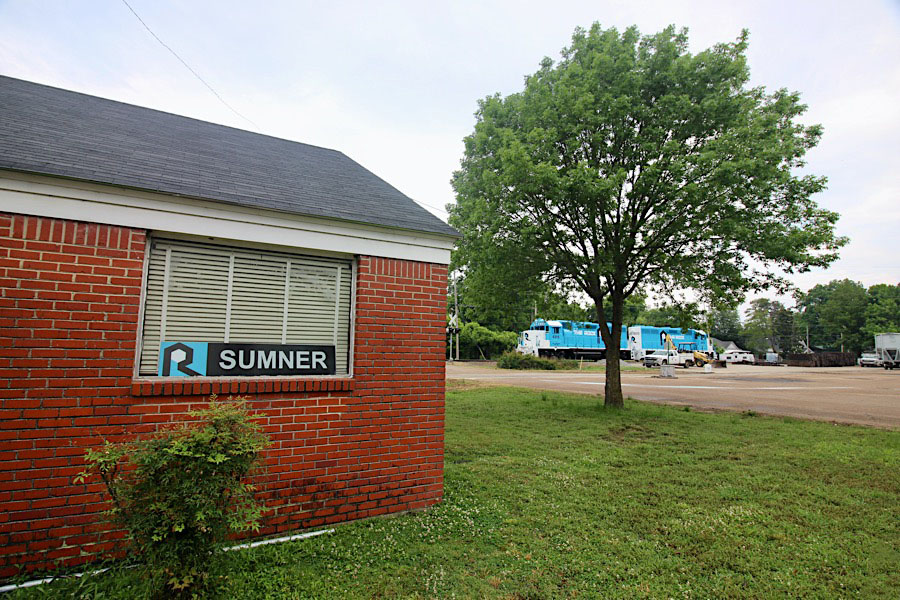
Sumner, Ms / Jun 2020 / RWH

Click to see the Rock Island Rail office plotted on a Google Maps page
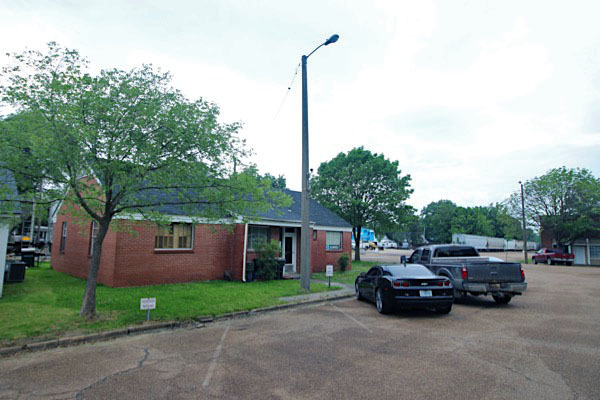
Sumner, Ms / Jun 2020 / RWH
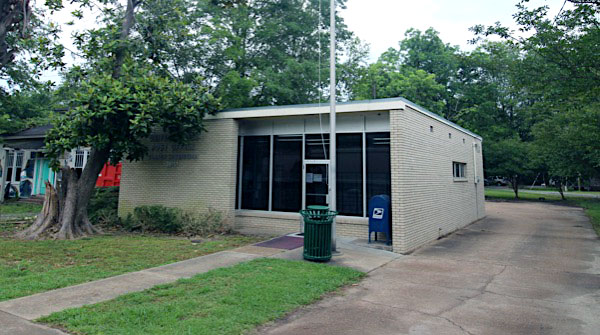
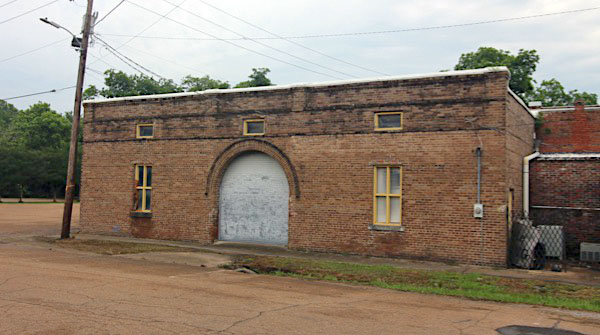
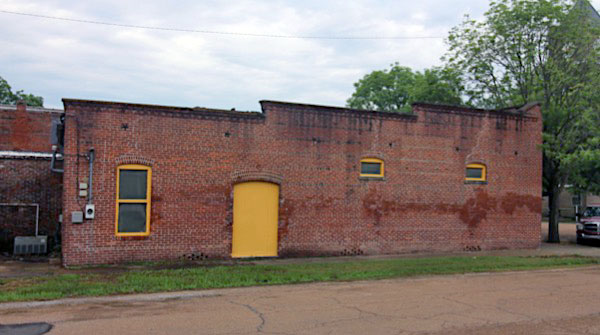
Sumner, Ms / Jun 2020 / RWH
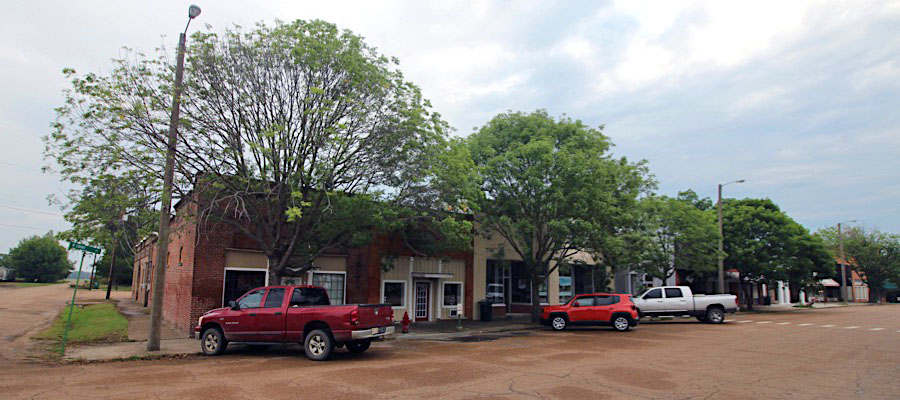
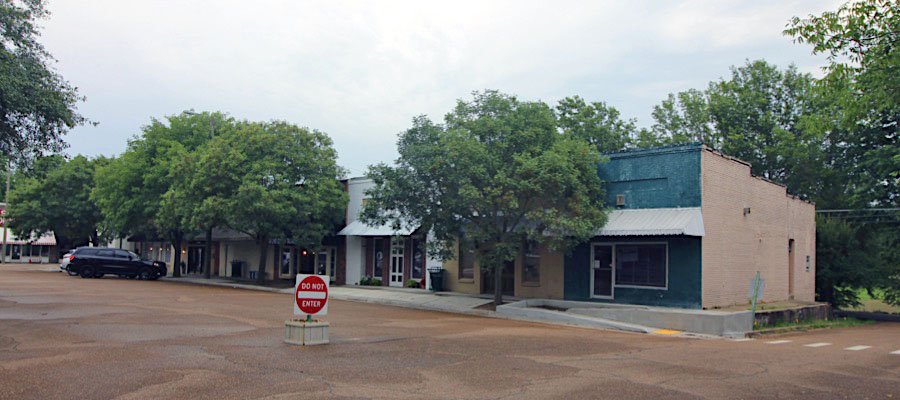

Sumner, Ms / Jun 2020 / RWH
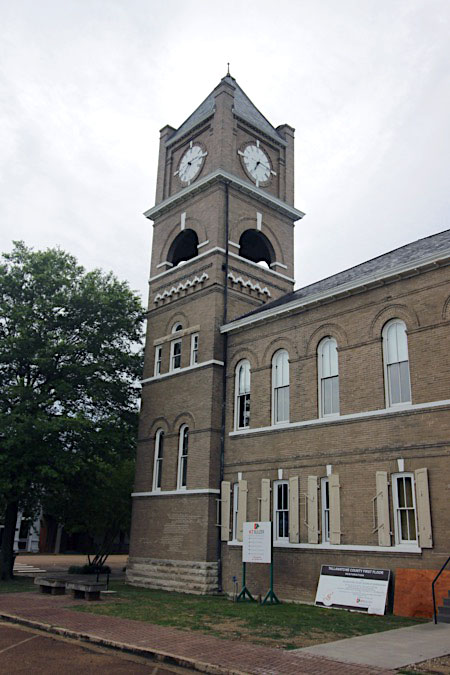
Jun 2020 / RWH
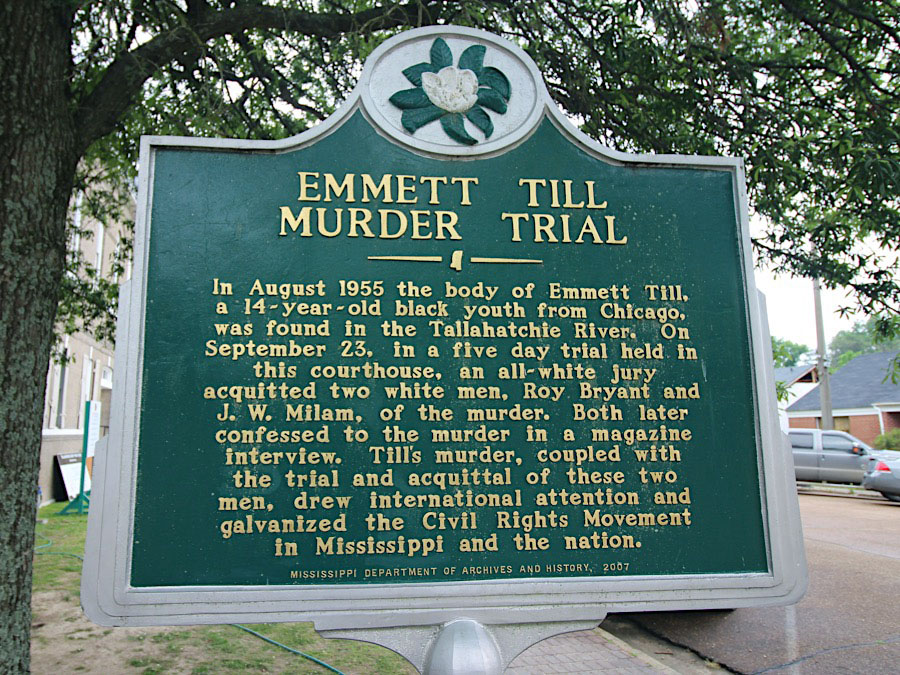
Jun 2020 / RWH
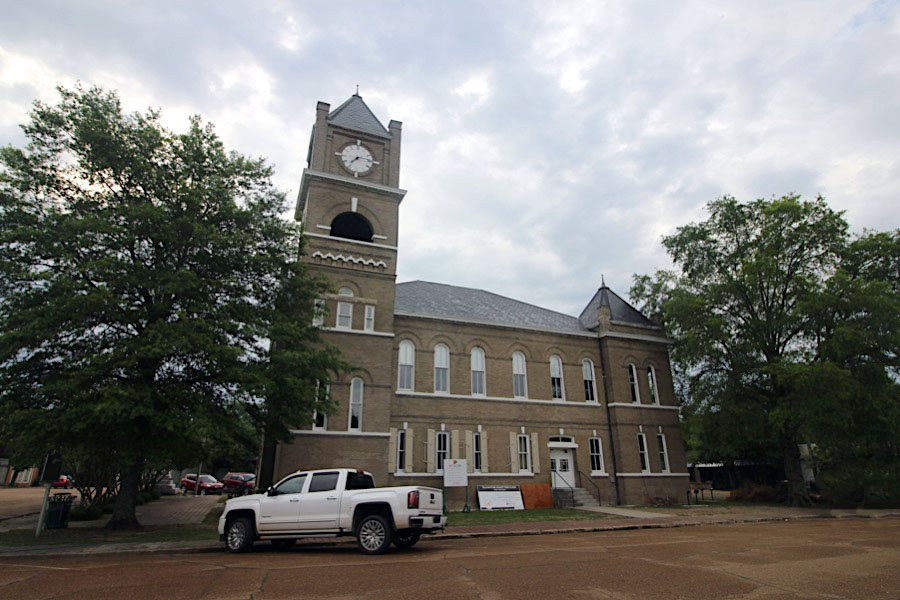
Sumner, Ms / Jun 2020 / RWH

Click to see the Tallahatchie County Courthouse plotted on a Google Maps page
 he Tallahatchie County Courthouse in Sumner was built in 1902 on a lot donated by Joseph B. Sumner, who also donated the lot for the jail. The courthouse burned in 1908 and was rebuilt in 1909. Cotton continued to be the major commodity crop of the area well into the 20th century. The county seat also served as the market town for that district.
he Tallahatchie County Courthouse in Sumner was built in 1902 on a lot donated by Joseph B. Sumner, who also donated the lot for the jail. The courthouse burned in 1908 and was rebuilt in 1909. Cotton continued to be the major commodity crop of the area well into the 20th century. The county seat also served as the market town for that district.
 This courthouse was the site of the 1955 murder trial of two white men, J.W. Milam and Roy Bryant, charged in the lynching and murder of Emmett Till that year in adjoining Leflore County. (His beaten and mutilated body was found on the bank of the river in Tallahatchie County, so the trial was held here.) The two men were acquitted by an all-male, all-white jury of the murder of Till, a teenage African-American boy from Chicago. The brutality of his murder and the acquittal of the men generated outrage and activism in the nation. He became an icon of the Civil Rights Movement and a symbol of the violent persecution suffered by blacks in the South.
This courthouse was the site of the 1955 murder trial of two white men, J.W. Milam and Roy Bryant, charged in the lynching and murder of Emmett Till that year in adjoining Leflore County. (His beaten and mutilated body was found on the bank of the river in Tallahatchie County, so the trial was held here.) The two men were acquitted by an all-male, all-white jury of the murder of Till, a teenage African-American boy from Chicago. The brutality of his murder and the acquittal of the men generated outrage and activism in the nation. He became an icon of the Civil Rights Movement and a symbol of the violent persecution suffered by blacks in the South.
In 1990, the courthouse was designated as a state landmark by the Mississippi Department of Archives and History. In 2007 the Tallahatchie Board of Supervisors appointed the Emmett Till Memorial Commission to explore commemoration of Till and reconciliation in the area. It made a formal apology to the Till family for their son's lynching. In addition, it undertook to restore the Sumner County Courthouse and adapt it as the site of an interpretive center to commemorate Emmett Till. The center opened in 2012 and is sponsoring a variety of art and historical workshops and events.
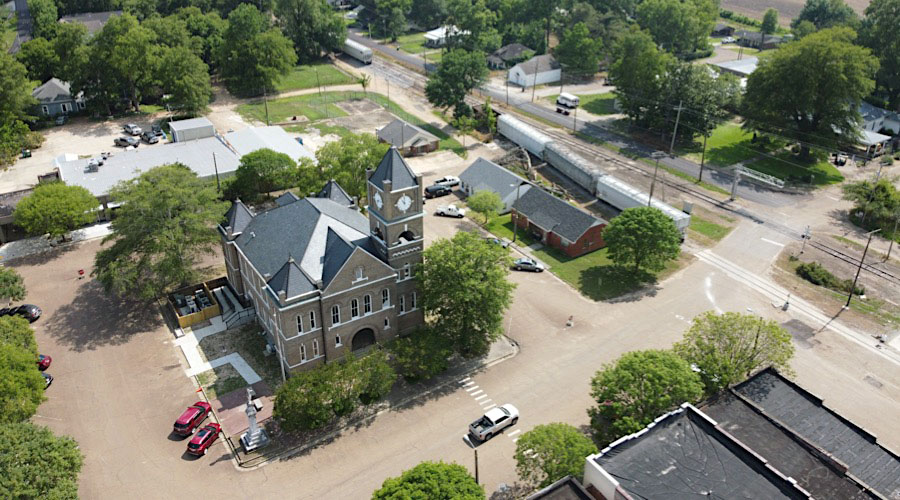
Sumner, Ms / Jun 2020 / RWH
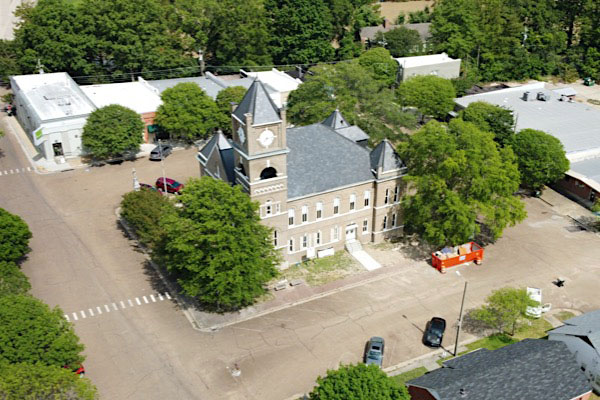
Sumner, Ms / Jun 2020 / RWH
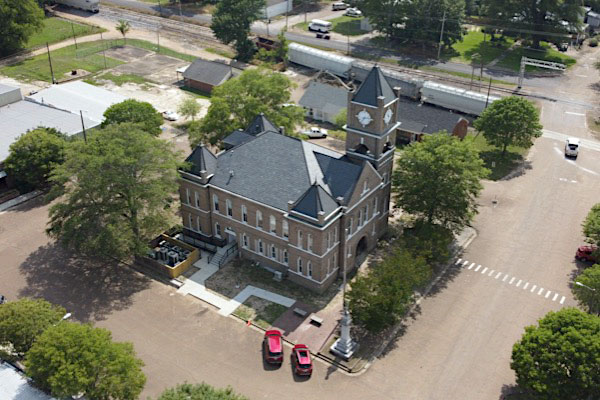
Sumner, Ms / Jun 2020 / RWH
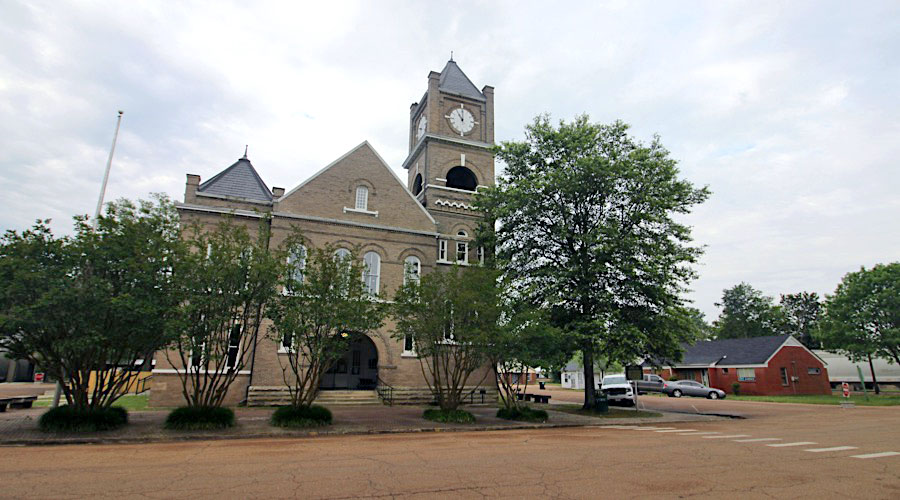
Sumner, Ms / Jun 2020 / RWH
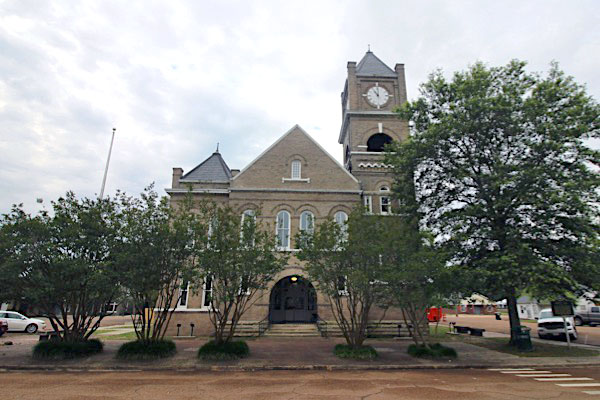
Sumner, Ms / Jun 2020 / RWH
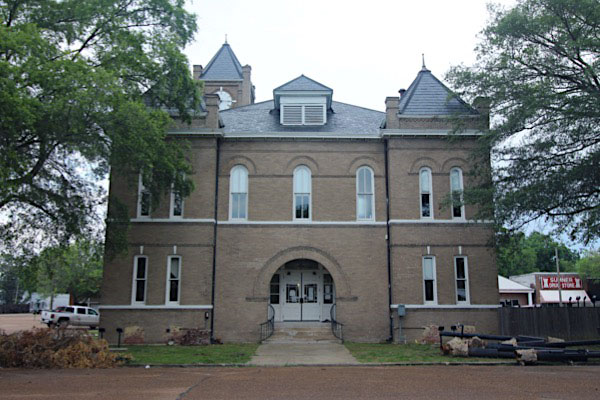
Sumner, Ms / Jun 2020 / RWH
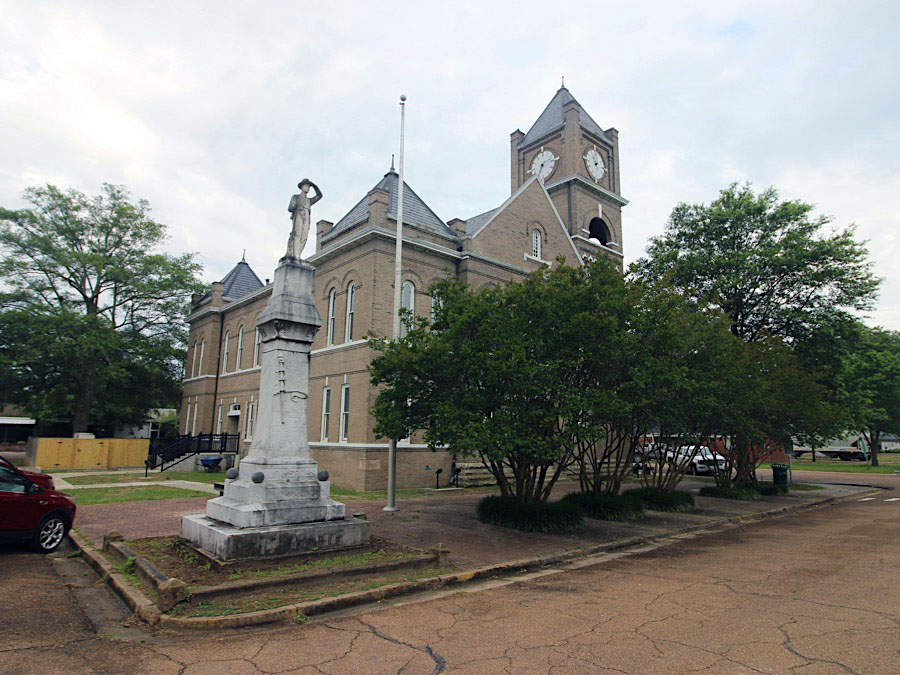
Sumner, Ms / Jun 2020 / RWH
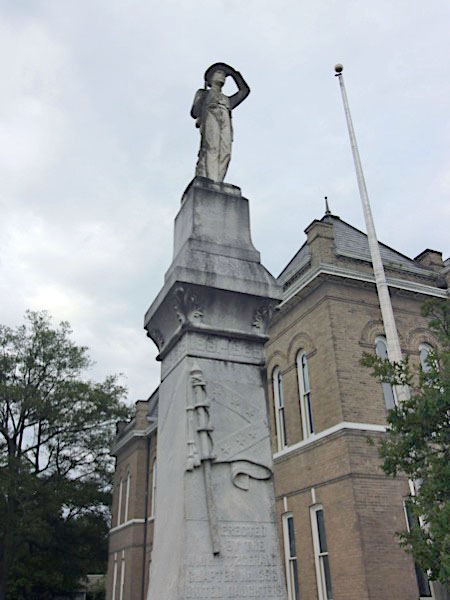
Jun 2020 / RWH
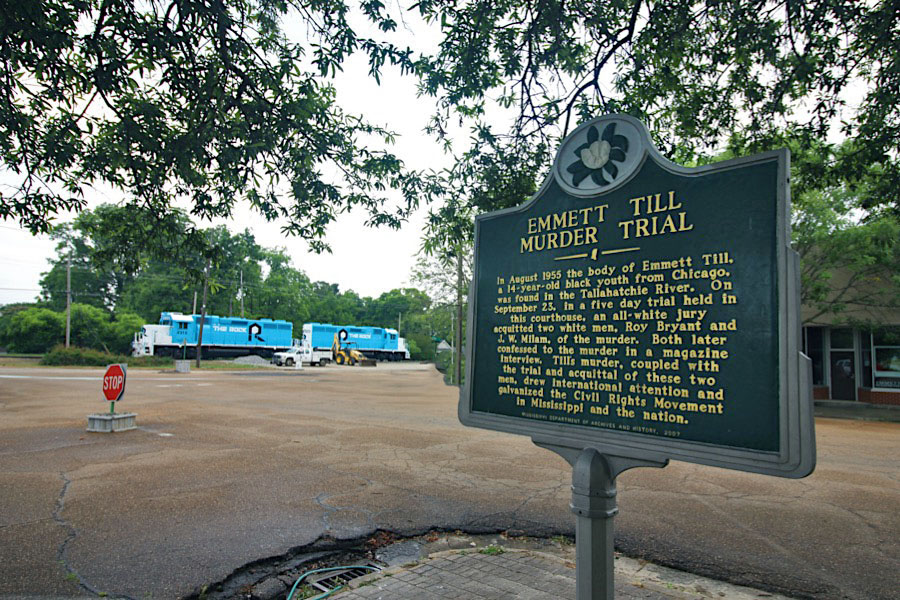
Sumner, Ms / Jun 2020 / RWH
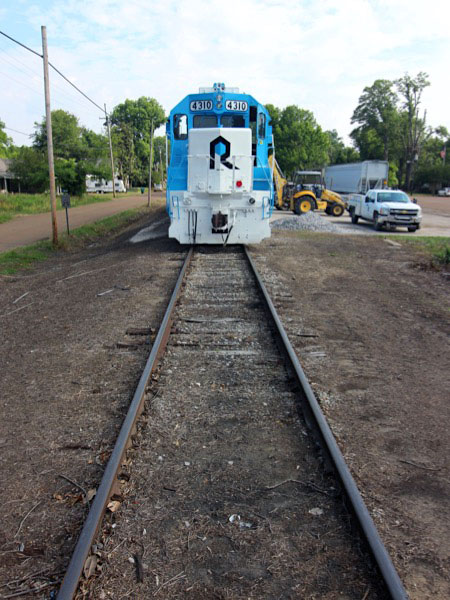
Jun 2020 / RWH
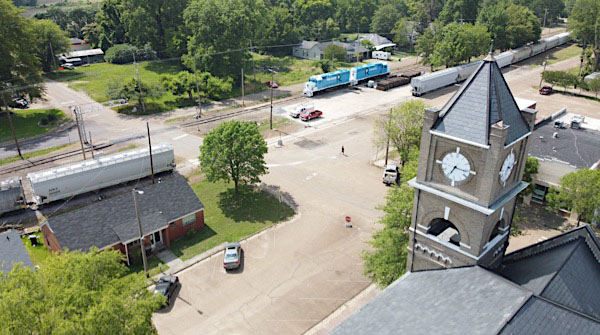
Sumner, Ms / Jun 2020 / RWH
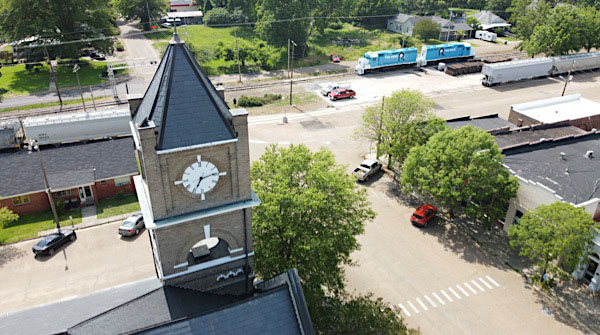
Sumner, Ms / Jun 2020 / RWH
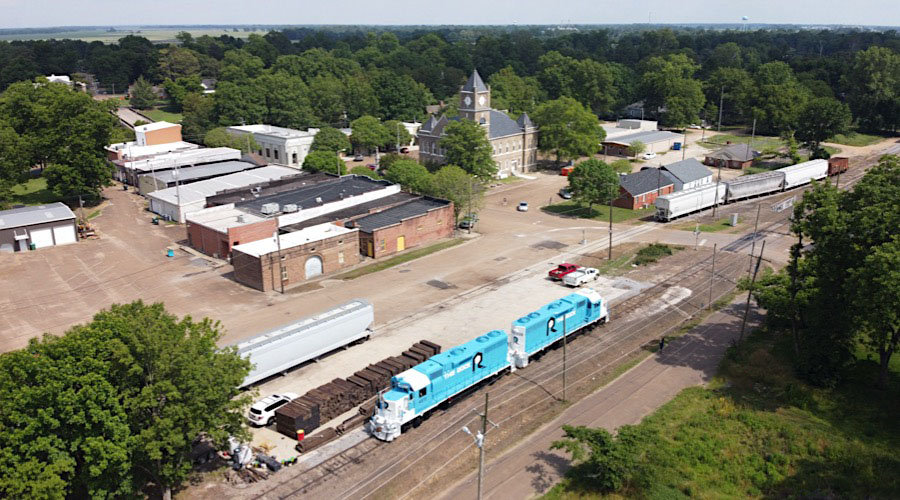
Sumner, Ms / Jun 2020 / RWH
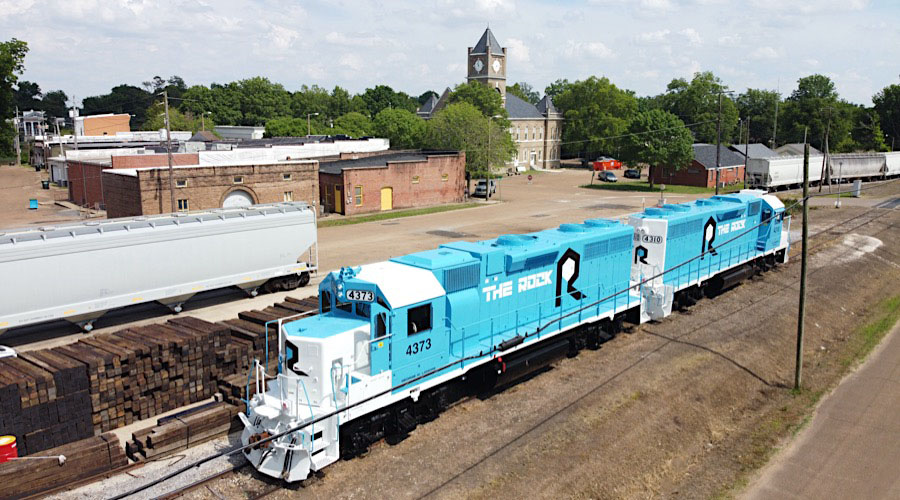
Sumner, Ms / Jun 2020 / RWH
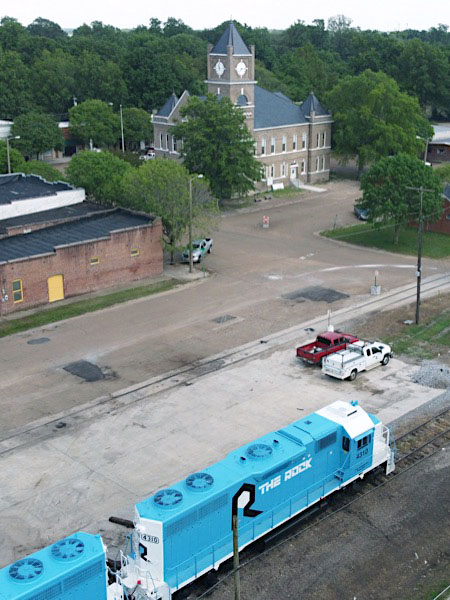
Jun 2020 / RWH
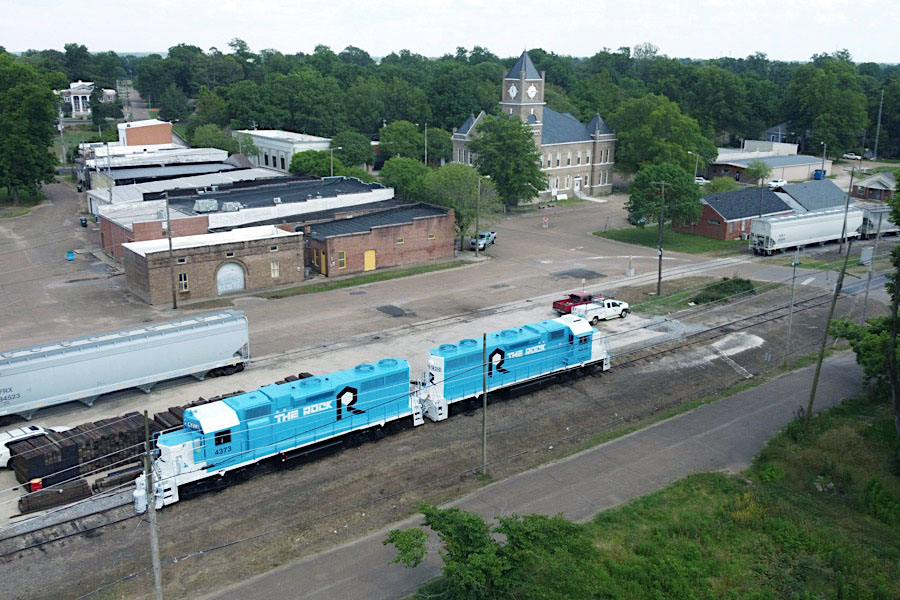
Sumner, Ms / Jun 2020 / RWH
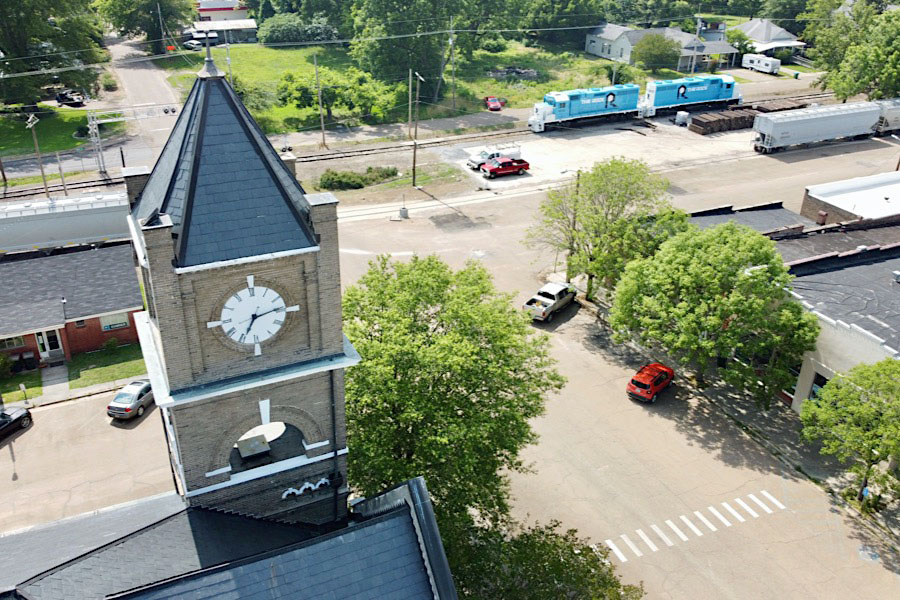
Sumner, Ms / Jun 2020 / RWH
The following samples of covered hoppers spotted in Sumner are typical of the car-storage business hosted on the Mississippi Delta Railroad as of 2020. Significant storage business is also maintained at the north end of the line, in Clarksdale (above).
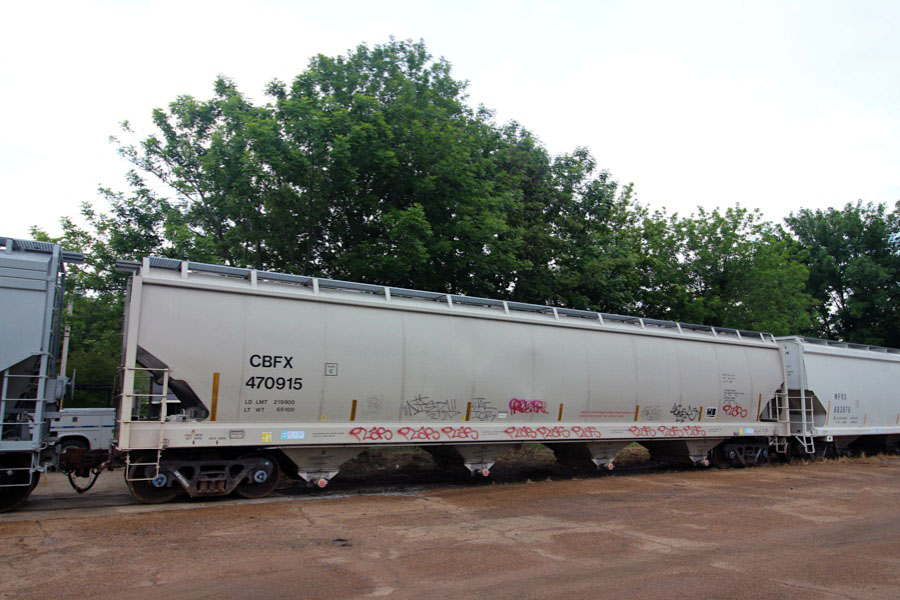
Capital Finance Leasing #470915
Sumner, Ms / Jun 2020 / RWH
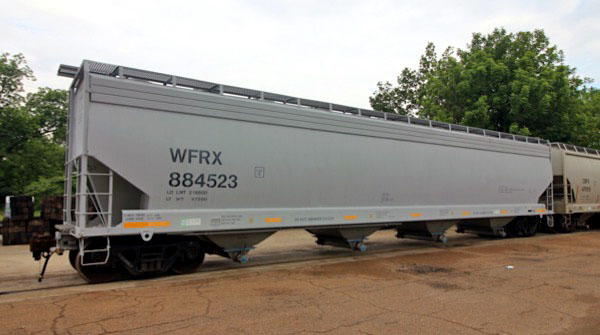
Wells Fargo Rail #884523
Sumner, Ms / Jun 2020 / RWH
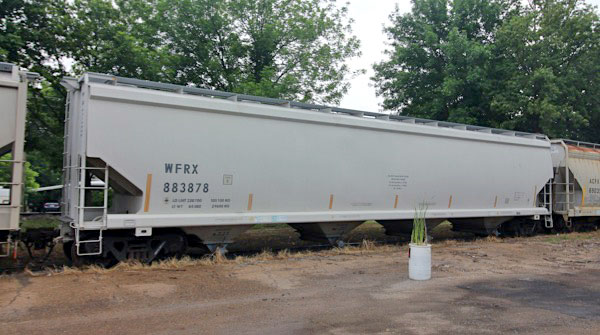
Wells Fargo Rail #883878
Sumner, Ms / Jun 2020 / RWH
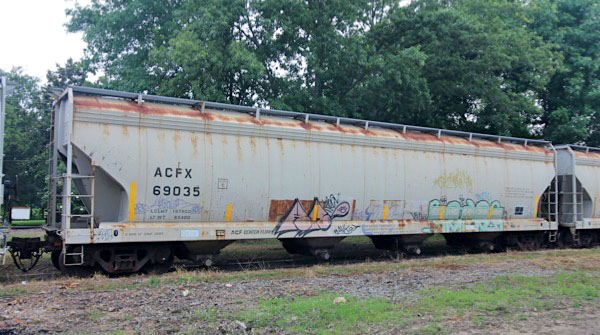
American Car & Foundry #69035
Sumner, Ms / Jun 2020 / RWH
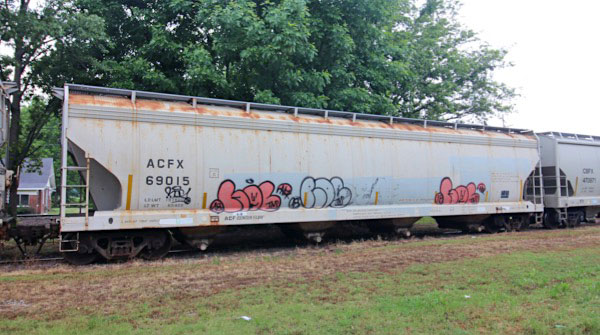
American Car & Foundry #69015
Sumner, Ms / Jun 2020 / RWH
 Webb
Webb
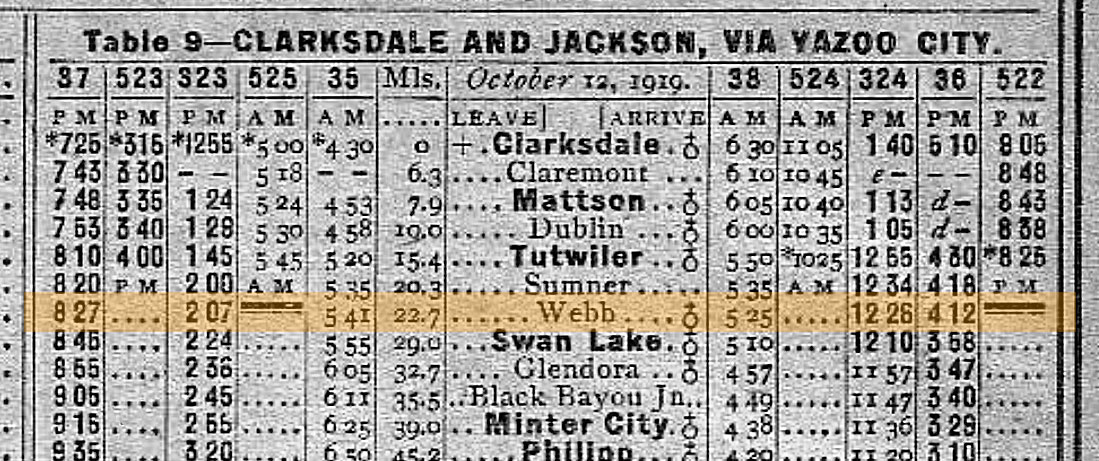
1920 Official Guide ad / collection
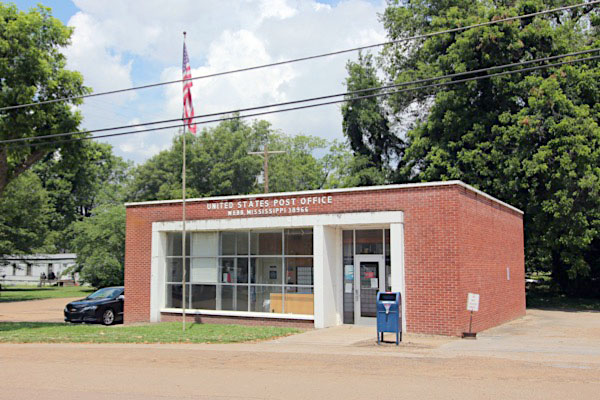
Webb, Ms / Jun 2020 / RWH
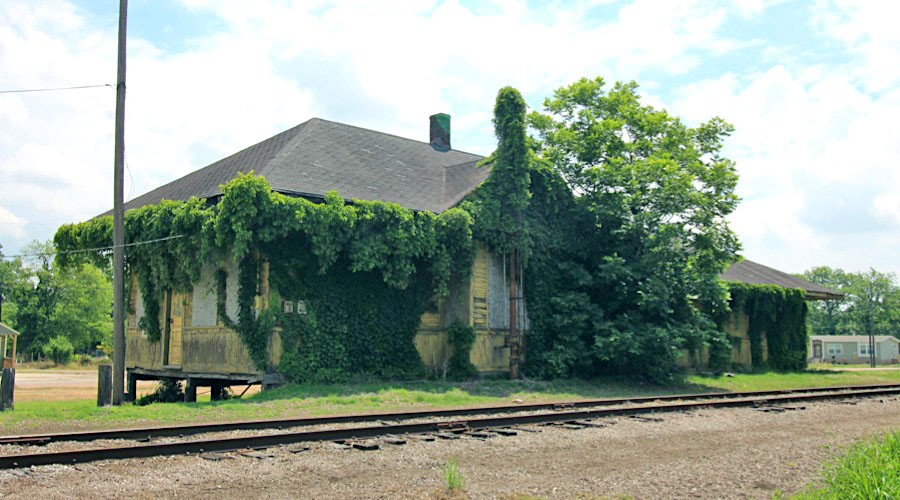
Webb, Ms / Jun 2020 / RWH

Click to see the Webb depot plotted on a Google Maps page
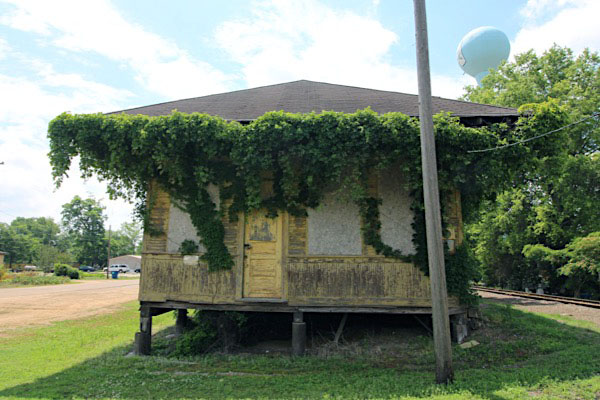
Webb, Ms / Jun 2020 / RWH
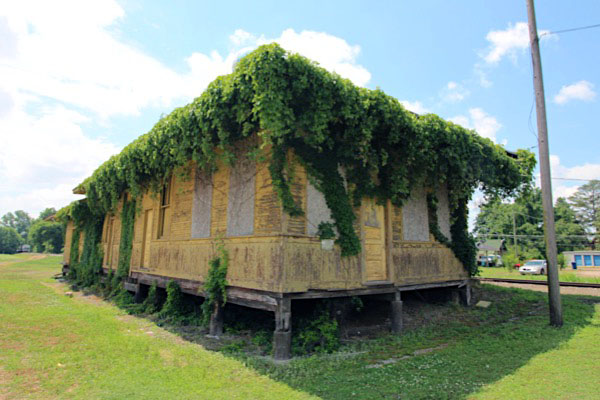
Webb, Ms / Jun 2020 / RWH
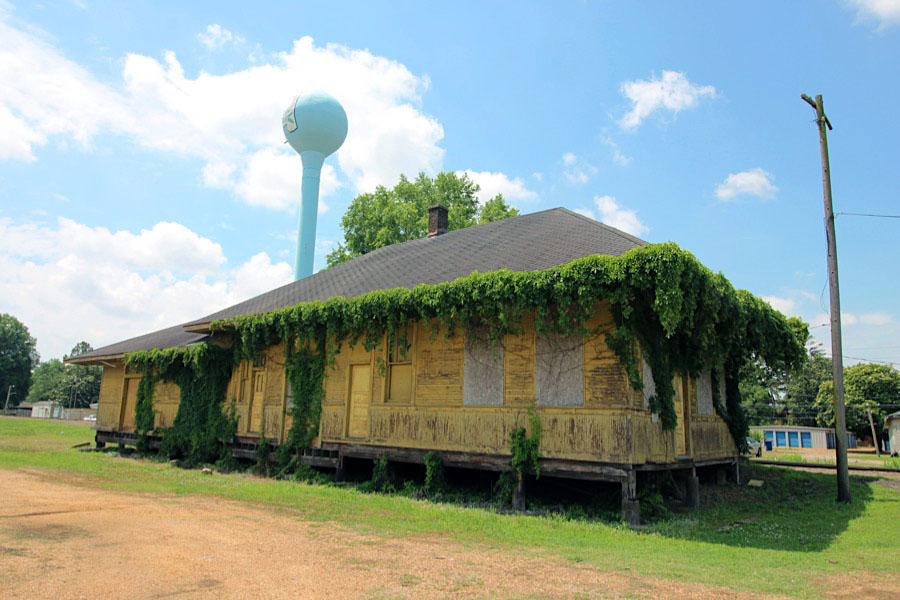
Webb, Ms / Jun 2020 / RWH
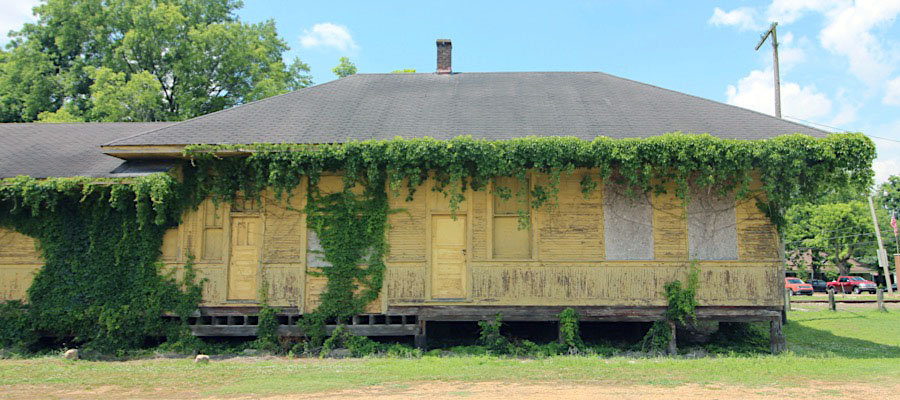
Jun 2020 / RWH
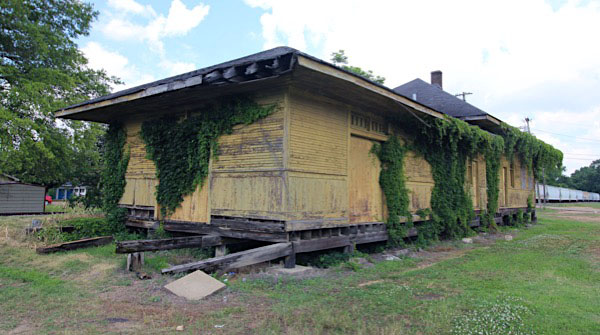
Webb, Ms / Jun 2020 / RWH
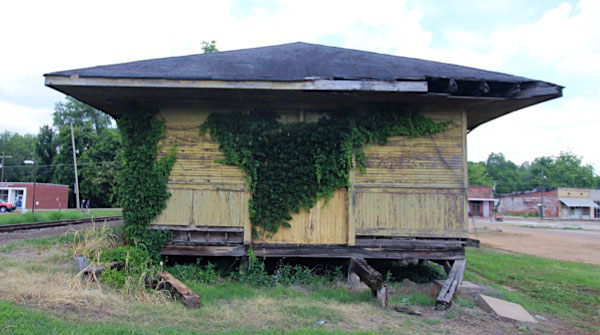
Webb, Ms / Jun 2020 / RWH
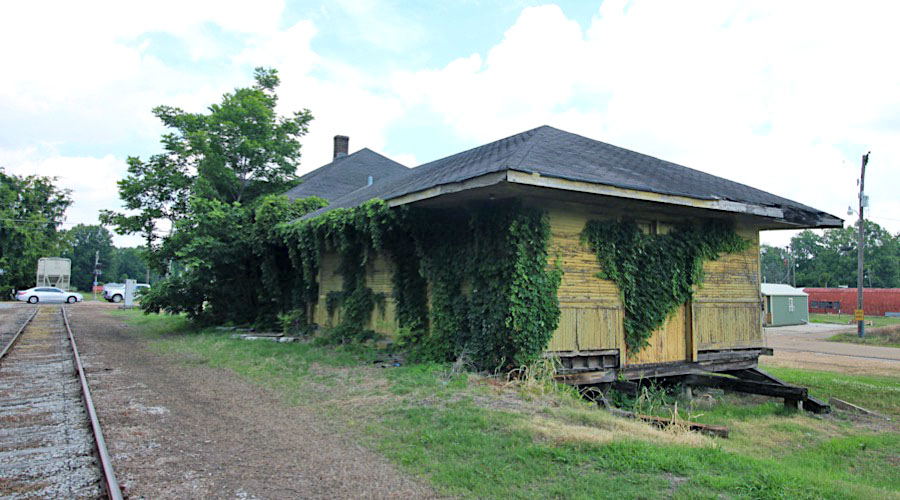
Webb, Ms / Jun 2020 / RWH


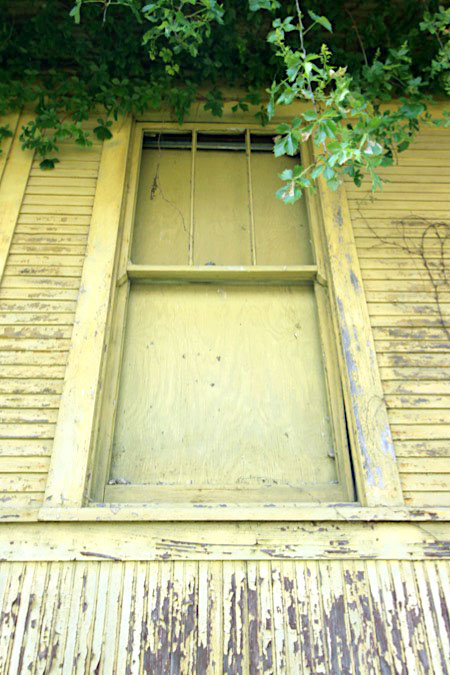

Jun 2020 / RWH
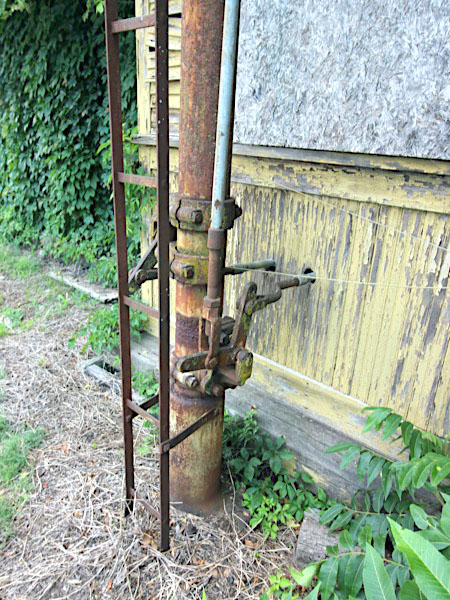
Jun 2020 / RWH
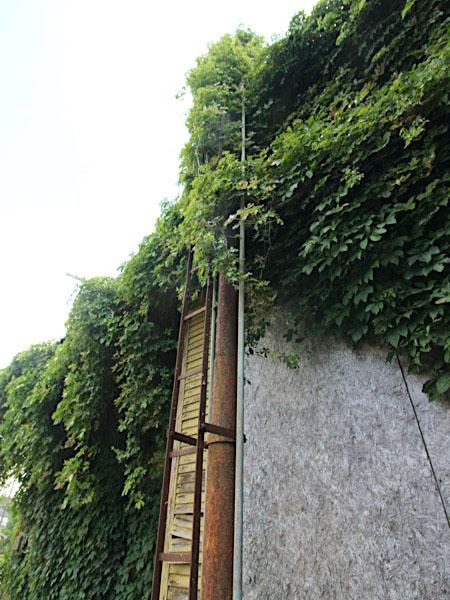
Jun 2020 / RWH
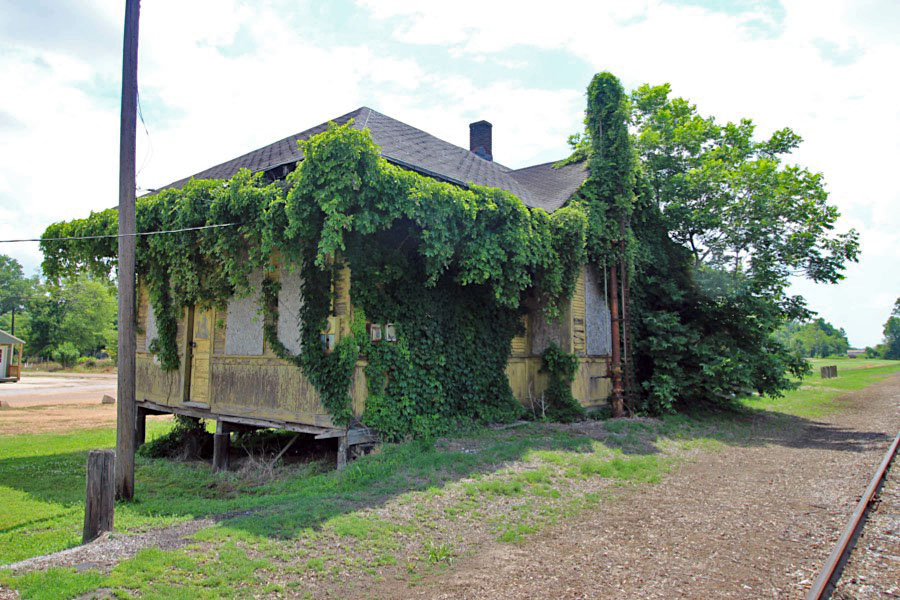
Webb, Ms / Jun 2020 / RWH
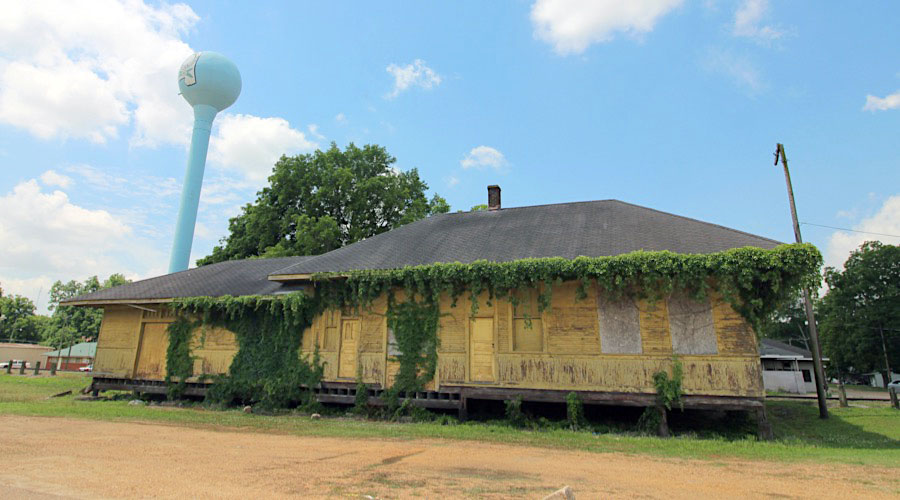
Webb, Ms / Jun 2020 / RWH
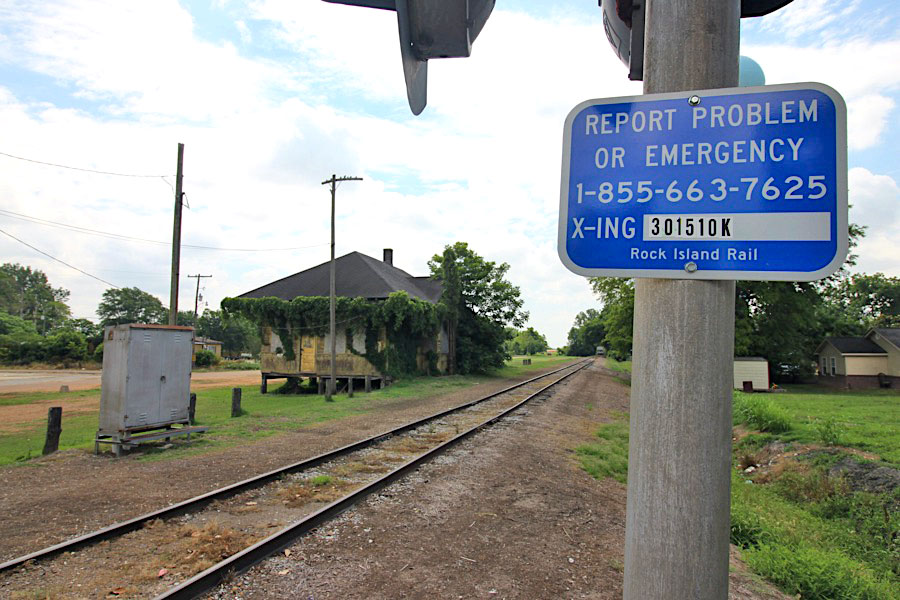
Webb, Ms / Jun 2020 / RWH
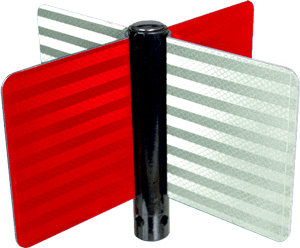 Shipper Spotlight: Due West Grain
Shipper Spotlight: Due West Grain

Webb, Ms / Jun 2020 / RWH
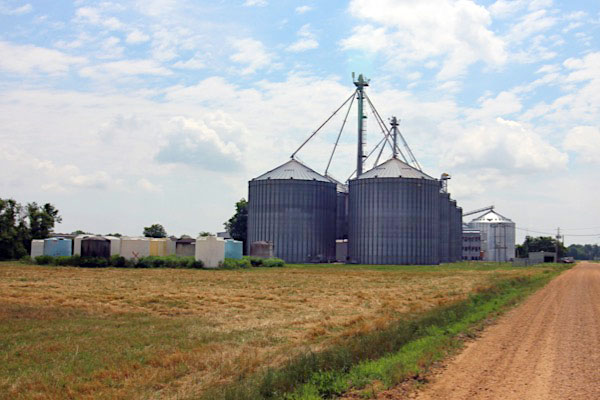
Webb, Ms / Jun 2020 / RWH
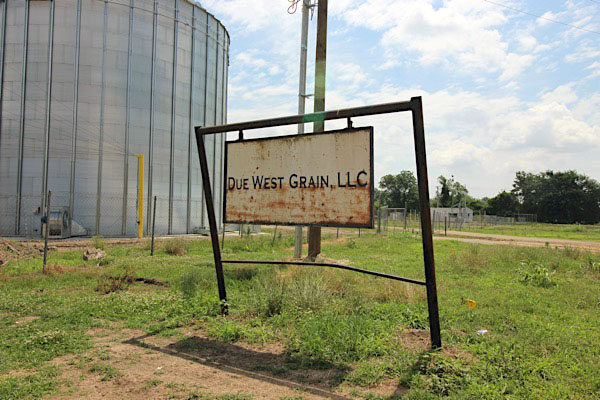
Webb, Ms / Jun 2020 / RWH

Click to see the Due West Grain facility plotted on a Google Maps page
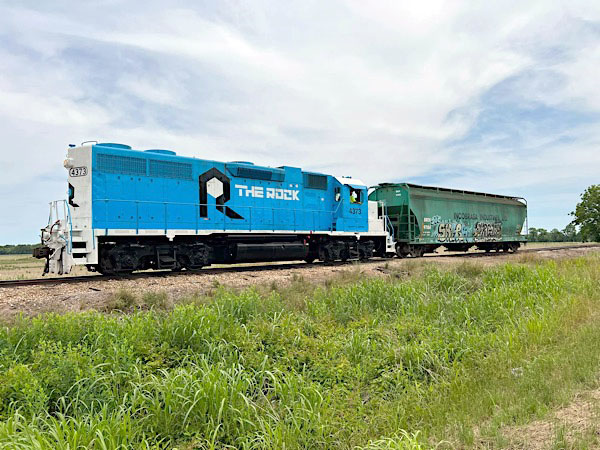
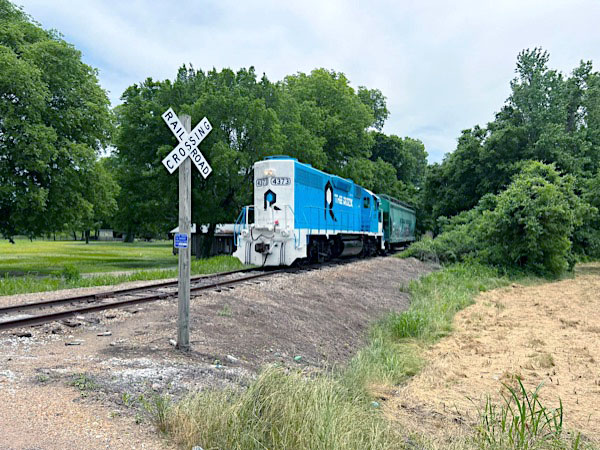
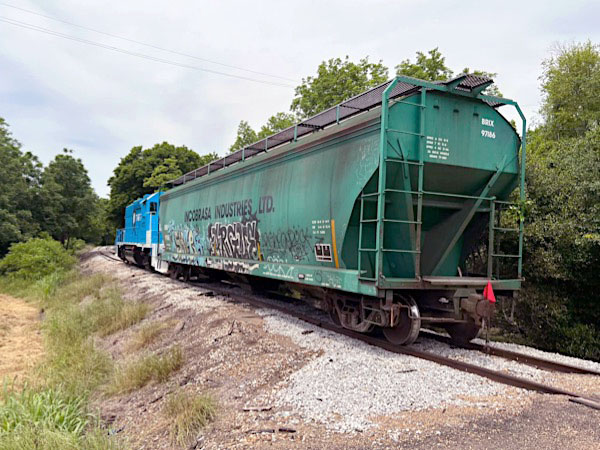
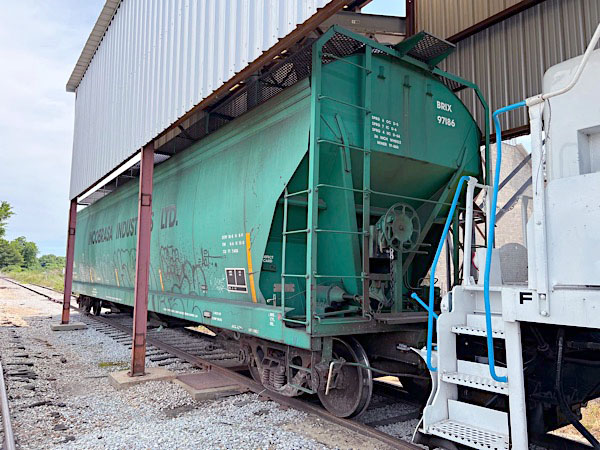
Webb, Ms / May 2022 / Robert Riley
HawkinsRails thanks Robert Riley for use of these Due West Grain action images

 Albin
Albin
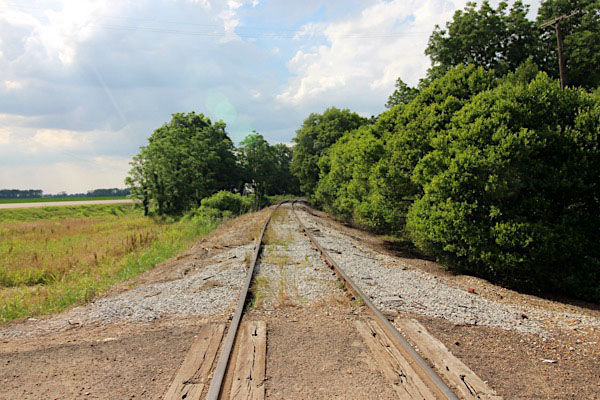
Albin, Ms / Jun 2020 / RWH
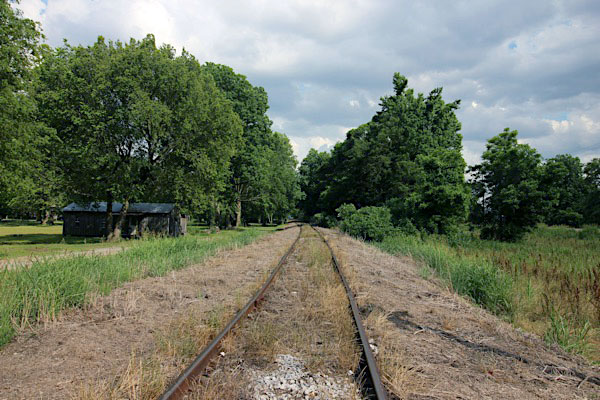
Albin, Ms / Jun 2020 / RWH
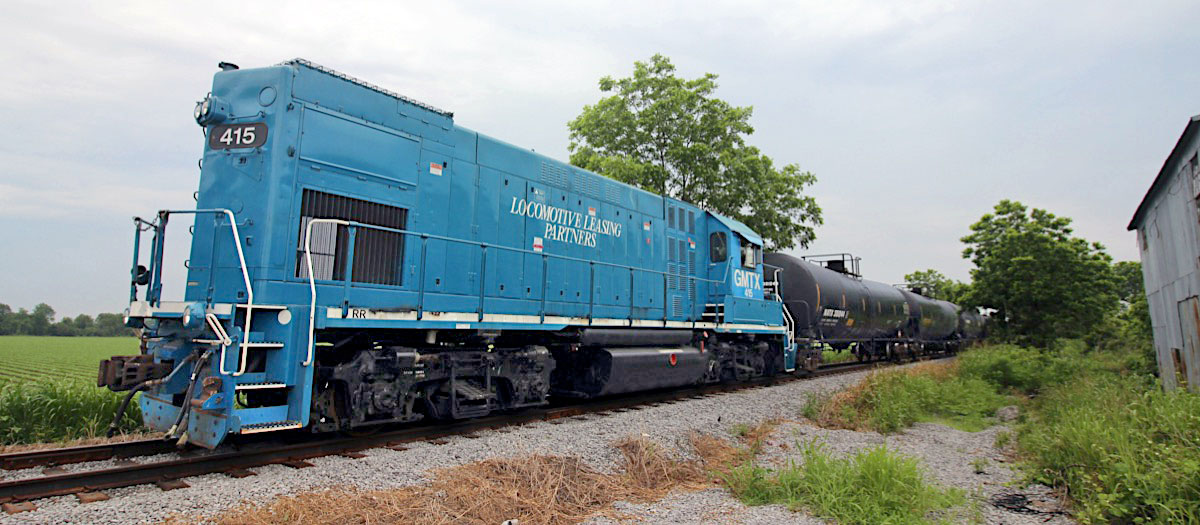
Albin, Ms / Jun 2020 / RWH
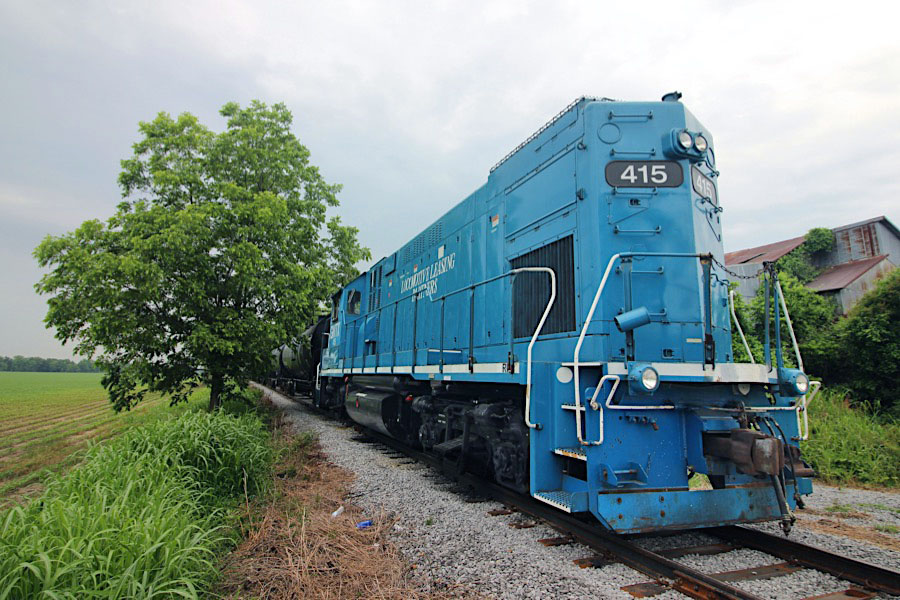
Albin, Ms / Jun 2020 / RWH
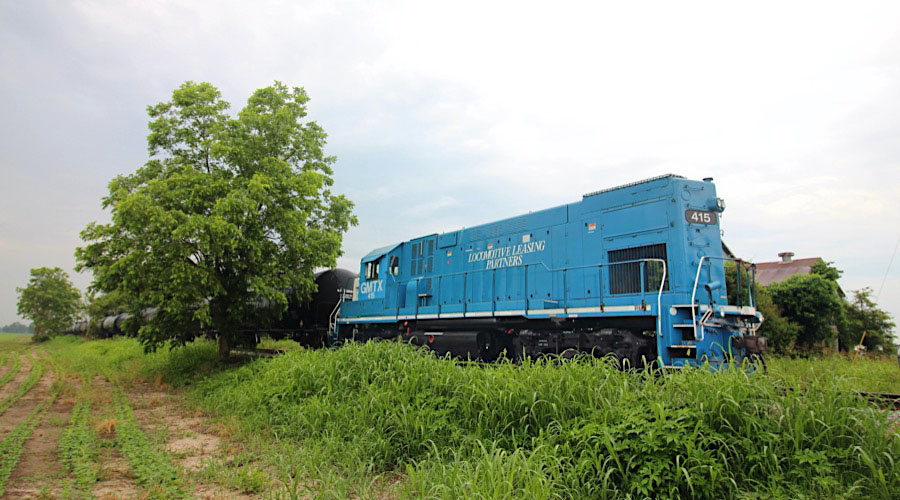
Albin, Ms / Jun 2020 / RWH
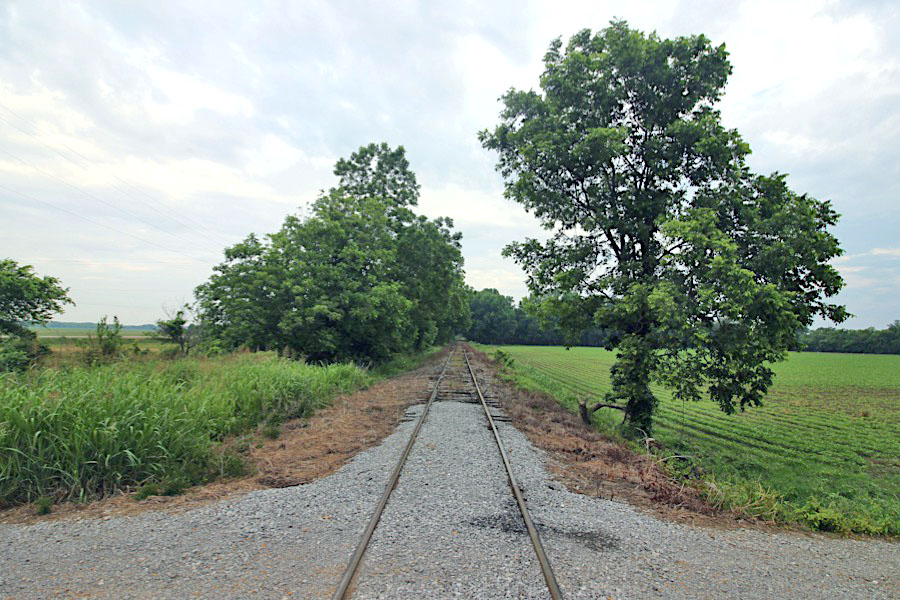
Albin, Ms / Jun 2020 / RWH

Albin, Ms / Jun 2020 / RWH

Albin, Ms / Jun 2020 / RWH
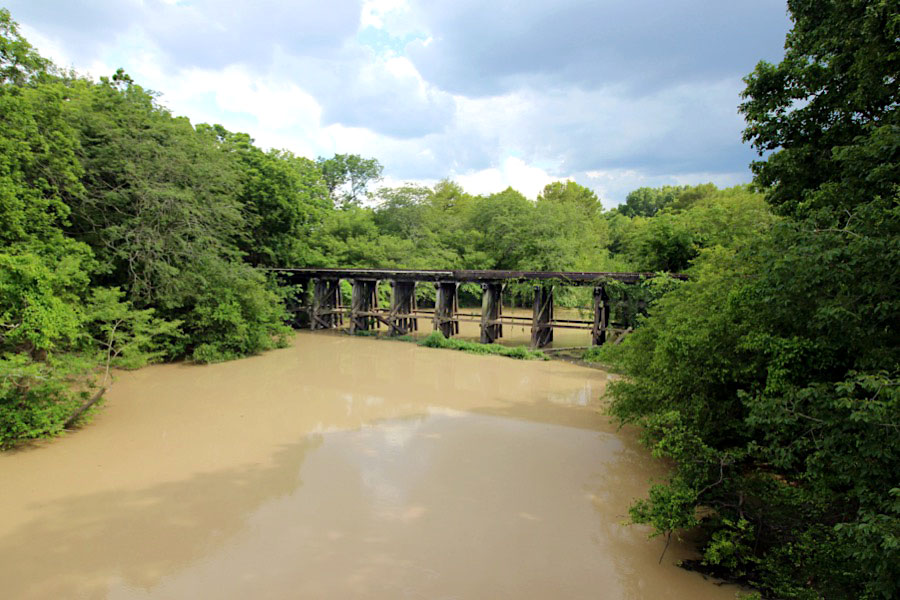
Albin, Ms / Jun 2020 / RWH

Click to see the Swan Lake feeder bridge plotted on a Google Maps page
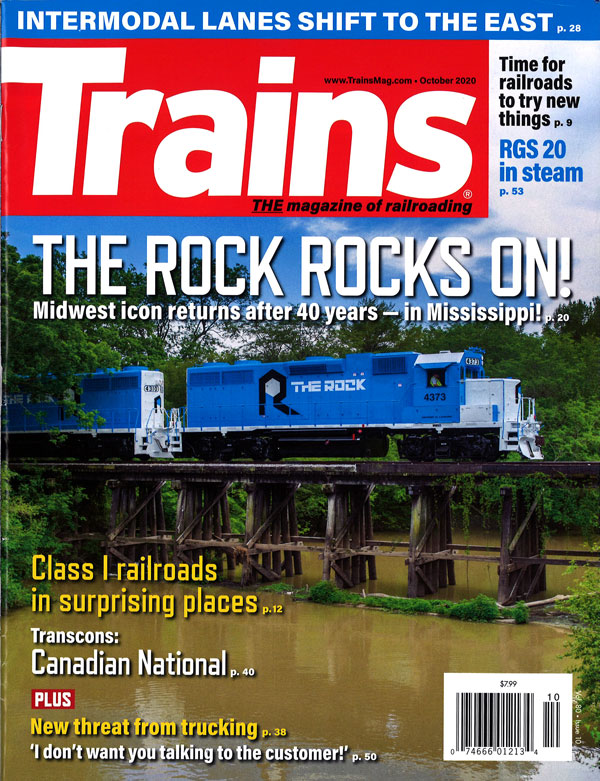
collection

Albin, Ms / Jun 2020 / RWH
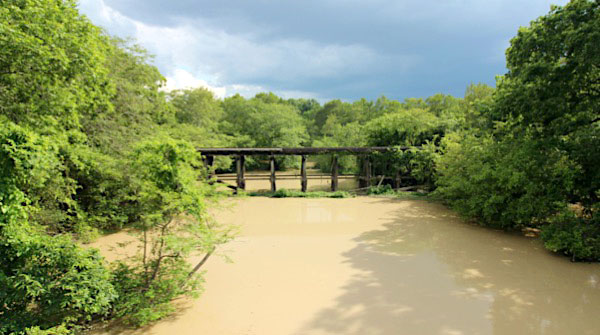
Albin, Ms / Jun 2020 / RWH
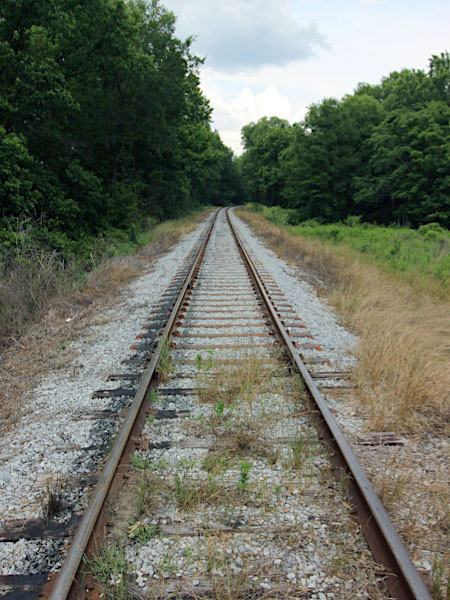
Albin, Ms / Jun 2020 / RWH
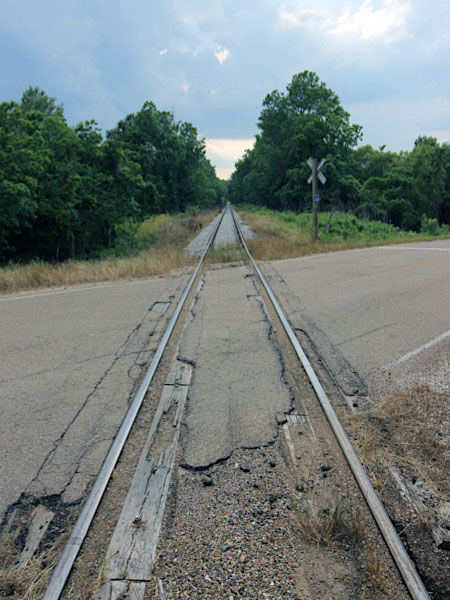
Albin, Ms / Jun 2020 / RWH

Click to see the Swan Lake Road crossing plotted on a Google Maps page
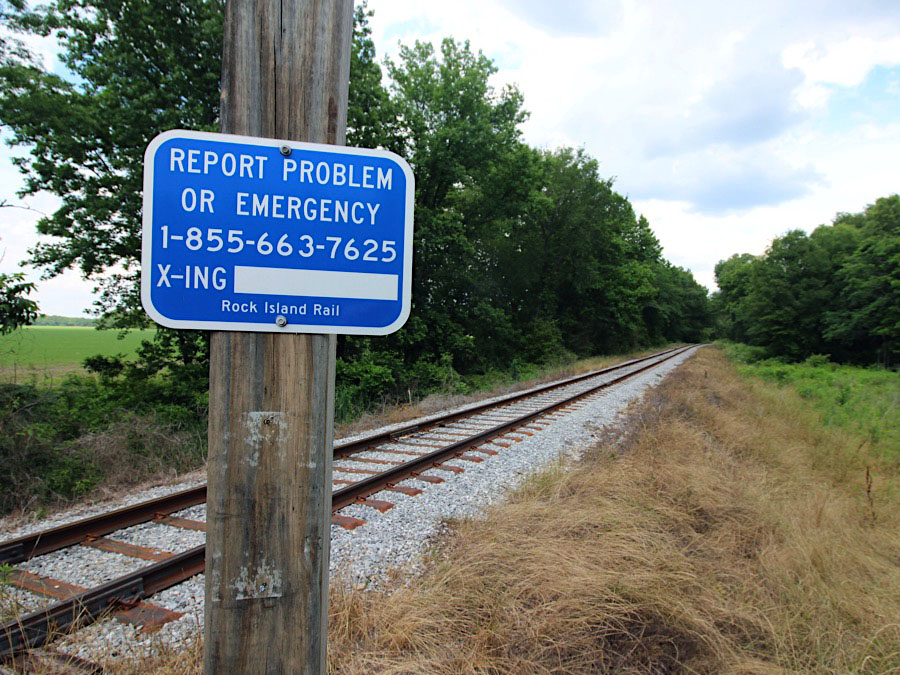
Albin, Ms / Jun 2020 / RWH
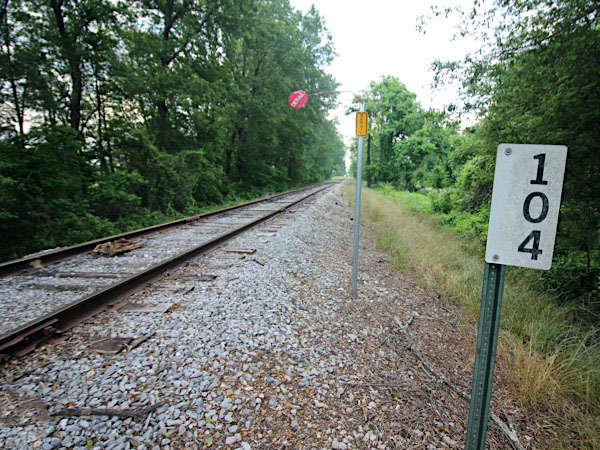
Albin, Ms / Jun 2020 / RWH
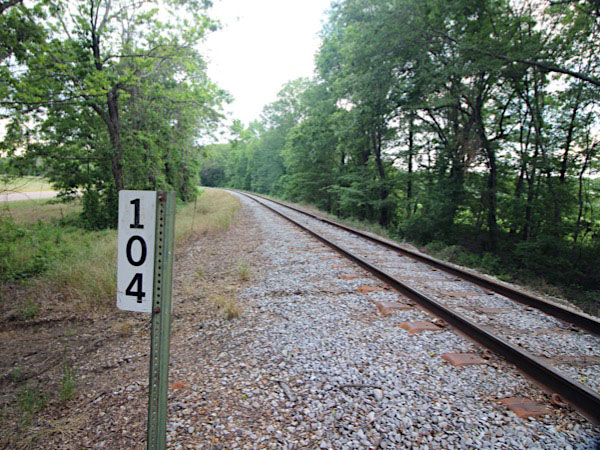
Albin, Ms / Jun 2020 / RWH
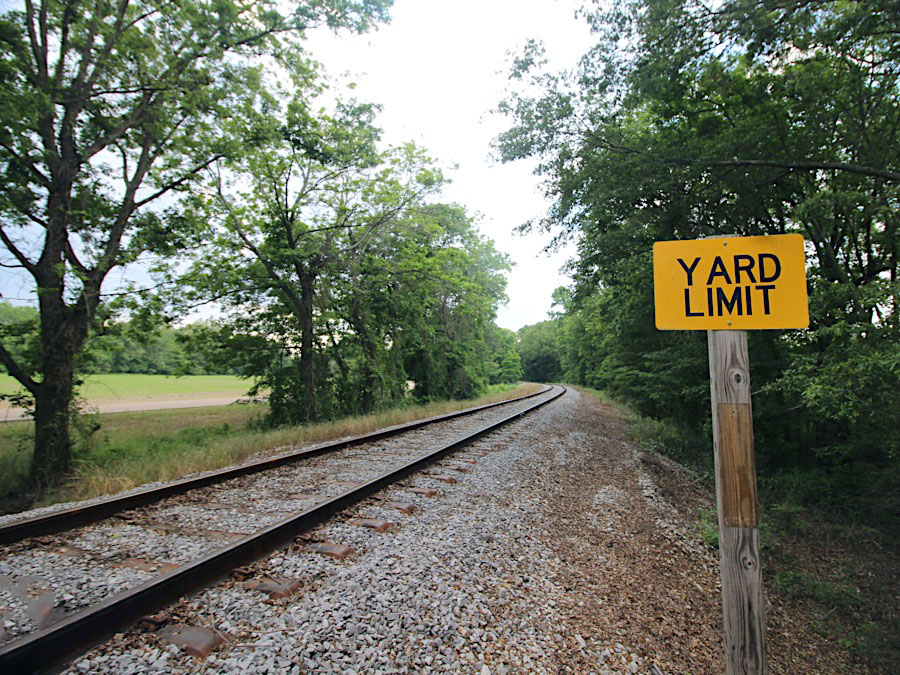
Albin, Ms / Jun 2020 / RWH
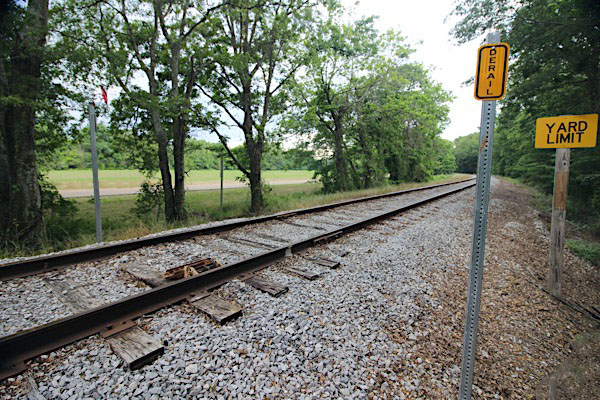
Albin, Ms / Jun 2020 / RWH

Albin, Ms / Jun 2020 / RWH
 Swan Lake
Swan Lake
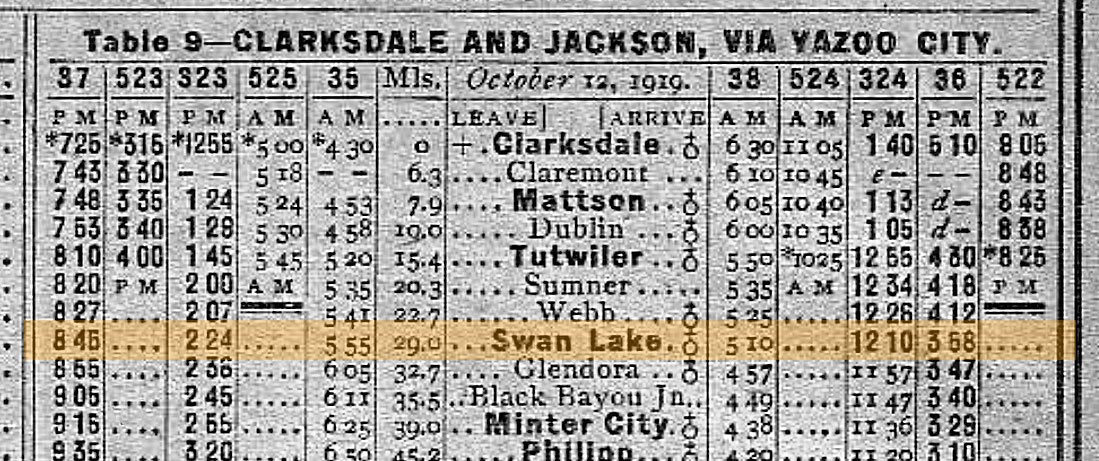
1920 Official Guide ad / collection
At the rural location of Swan Lake, Mississippi, the Mississippi Delta Railroad interchanges with the Canadian National mainline between Jackson and Memphis. Cars for interchange are spotted between the derail at the mainline here and the derail at the Yard Limit to the north, south of Albin (above). The Swan Lake junction is where the former Y&MV Tallahatchie Branch met the Illinois Central mainline. Both lines would go into the Illinois Central Gulf merger, before the branchline was sold off to shortline owners and operators.
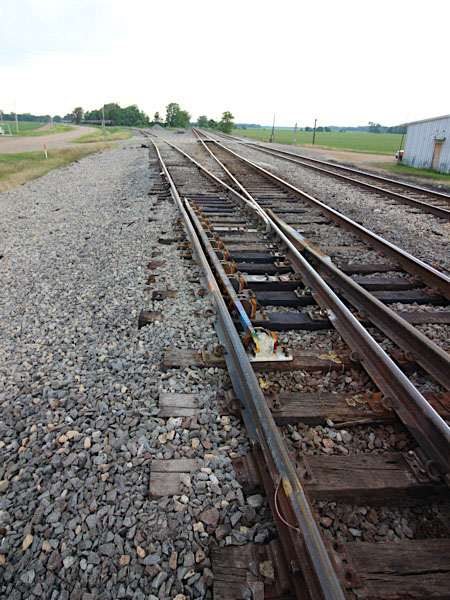
Jun 2020 / RWH
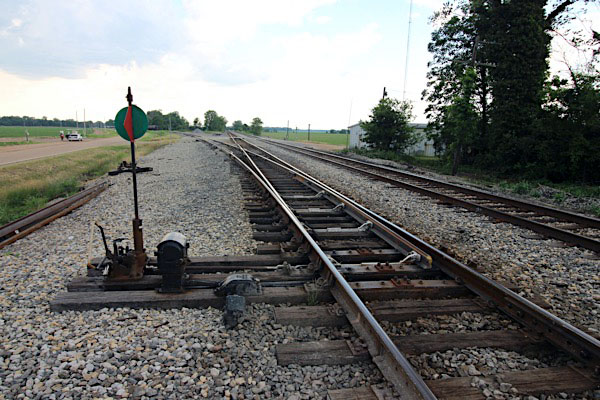
Swan Lake, Ms / Jun 2020 / RWH
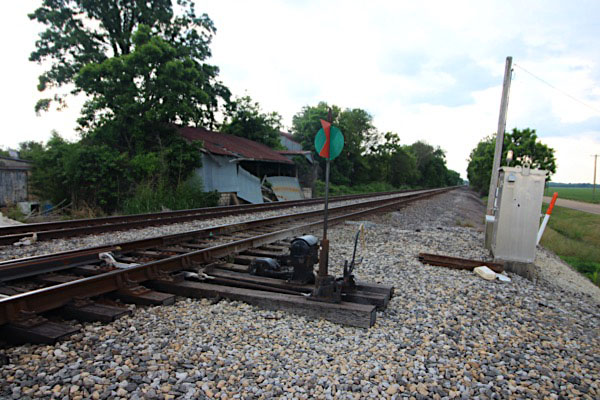
Swan Lake, Ms / Jun 2020 / RWH

Click to see the Swan Lake interchange area plotted on a Google Maps page

Swan Lake, Ms / Jun 2020 / RWH
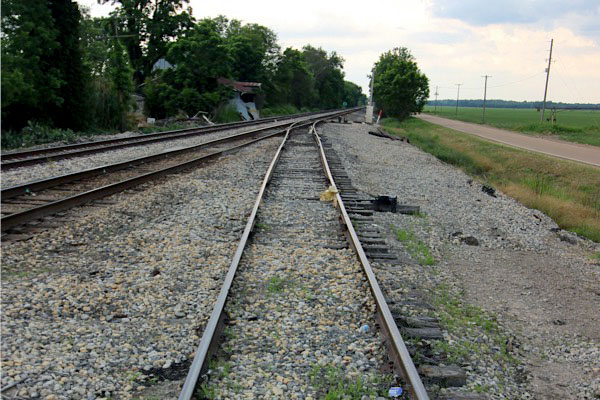
Swan Lake, Ms / Jun 2020 / RWH
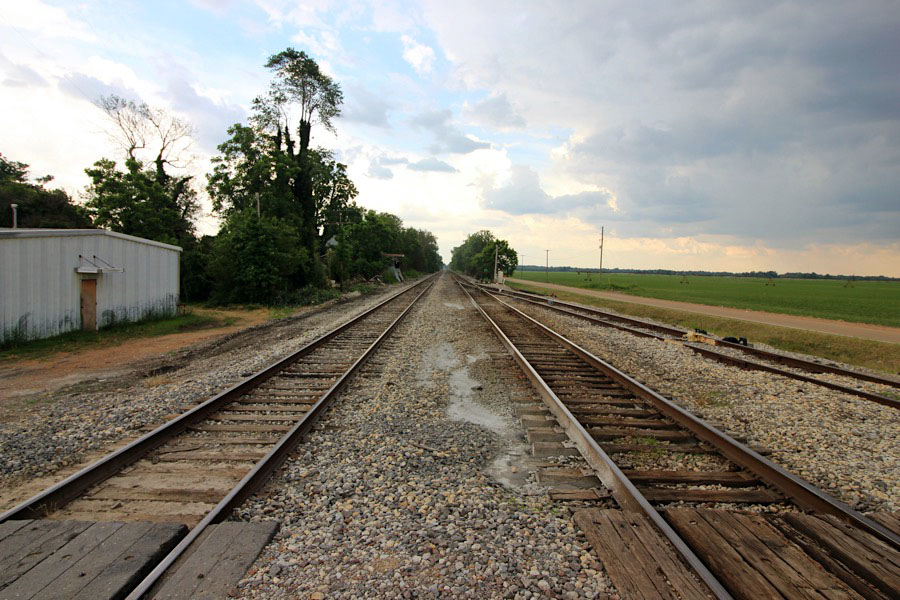
Swan Lake, Ms / Jun 2020 / RWH
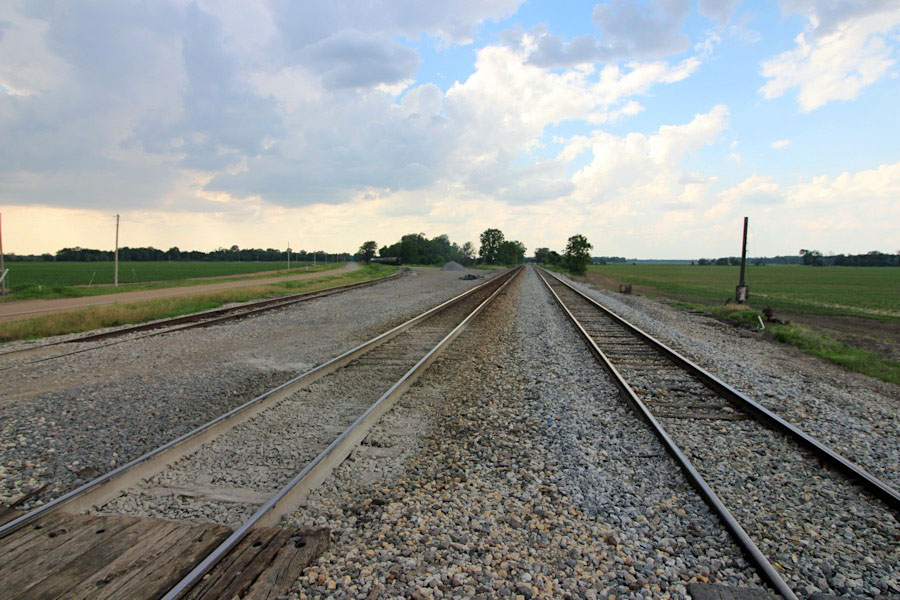
Swan Lake, Ms / Jun 2020 / RWH
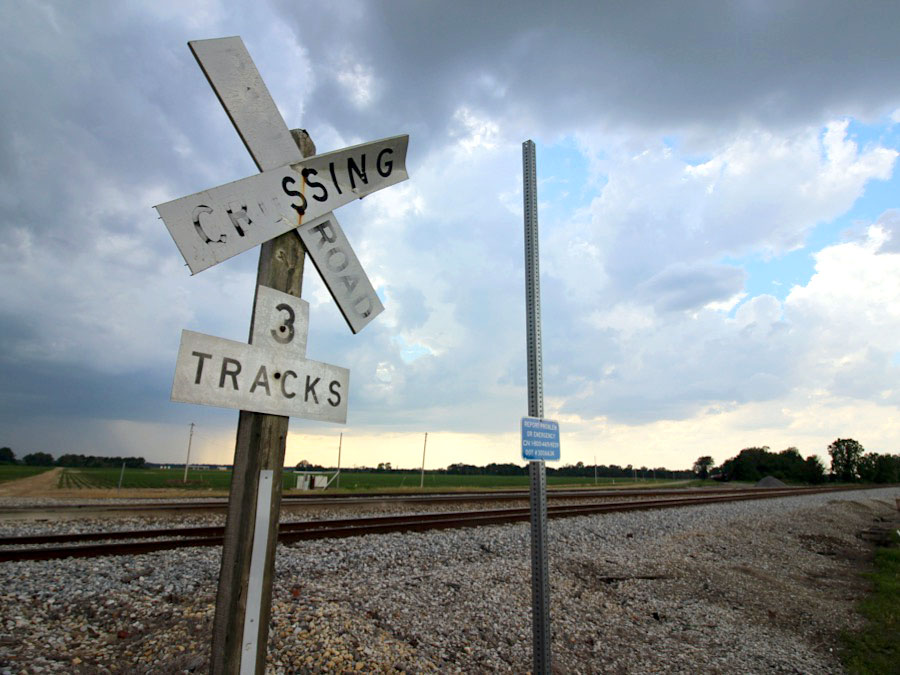
Swan Lake, Ms / Jun 2020 / RWH
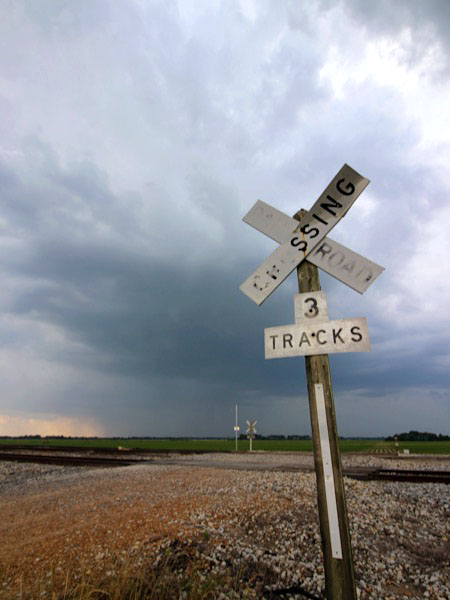
Jun 2020 / RWH
